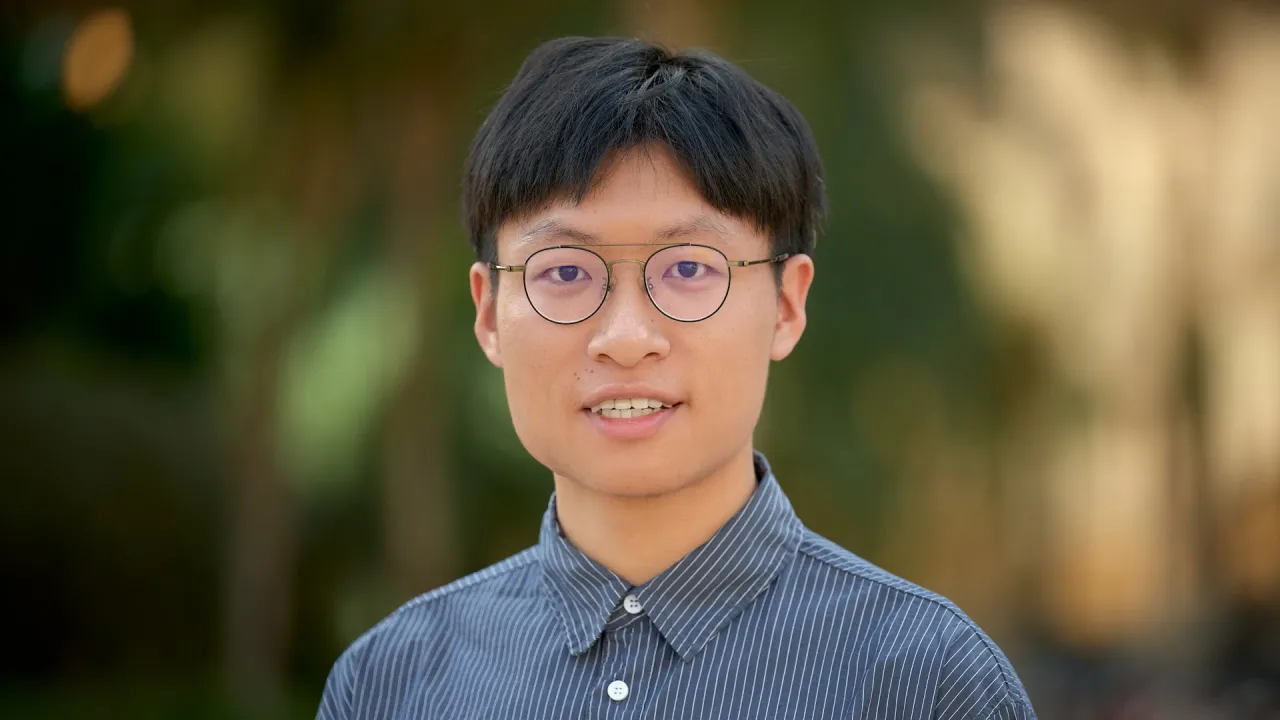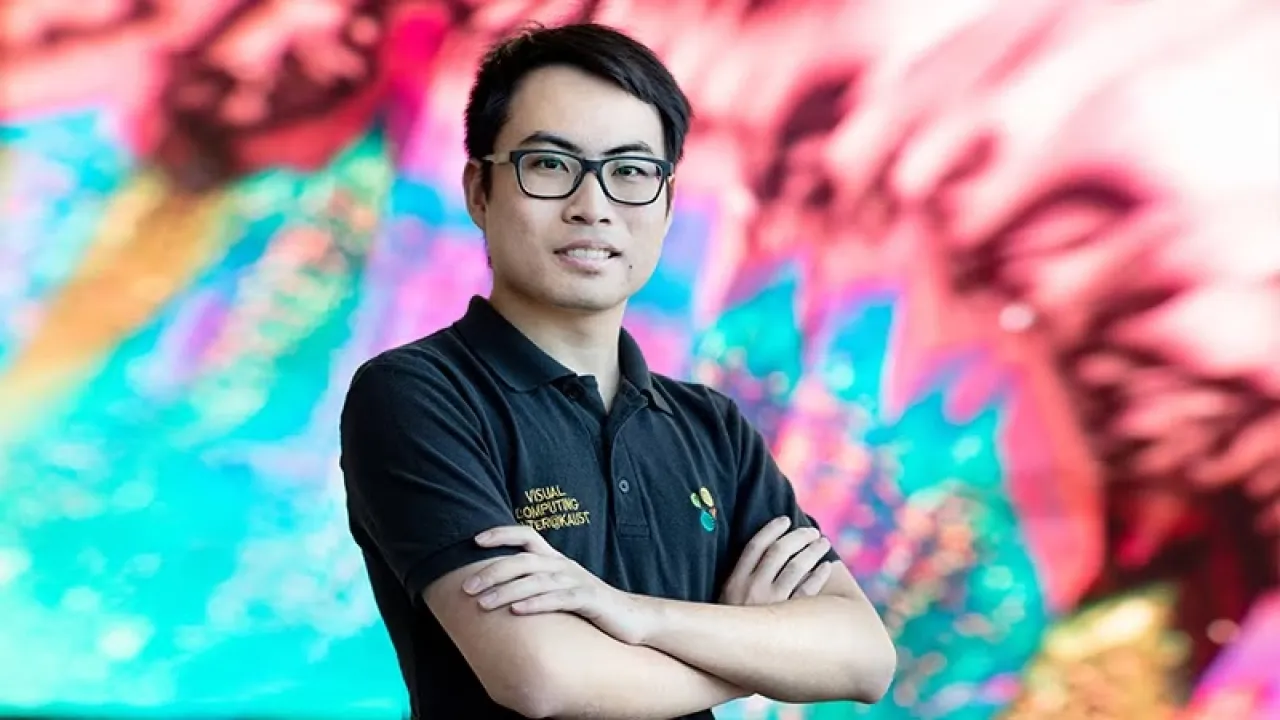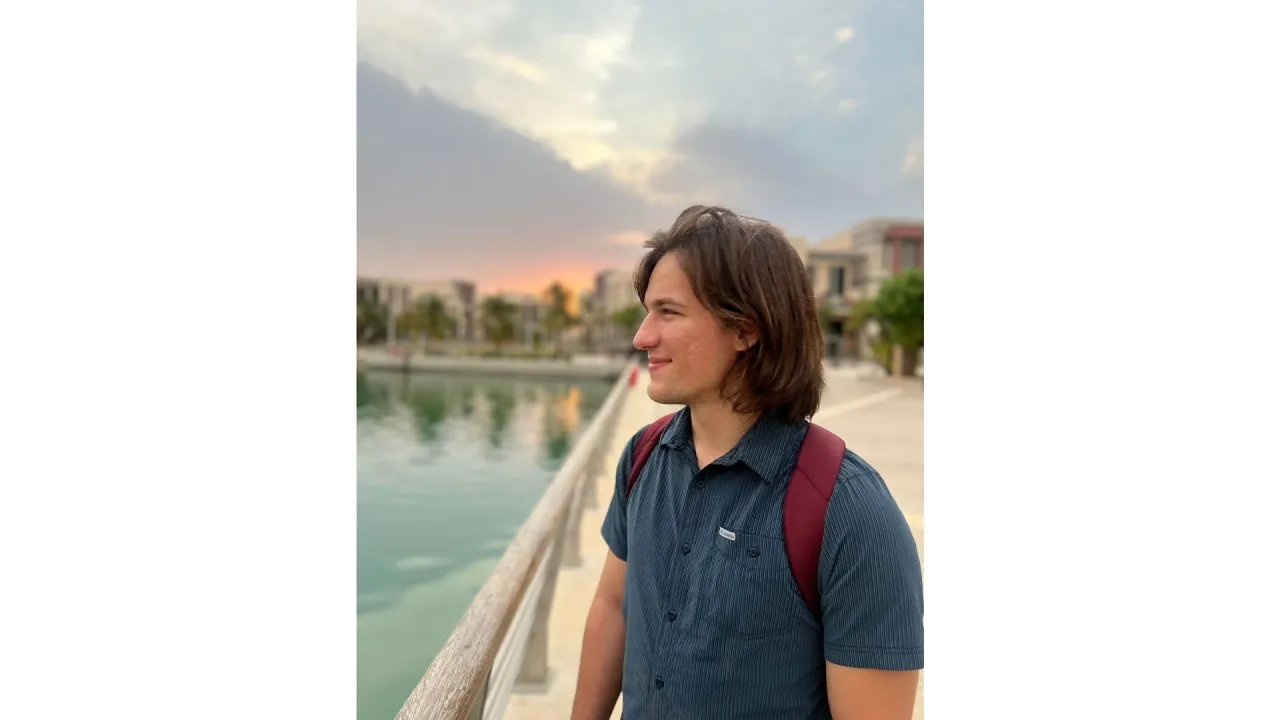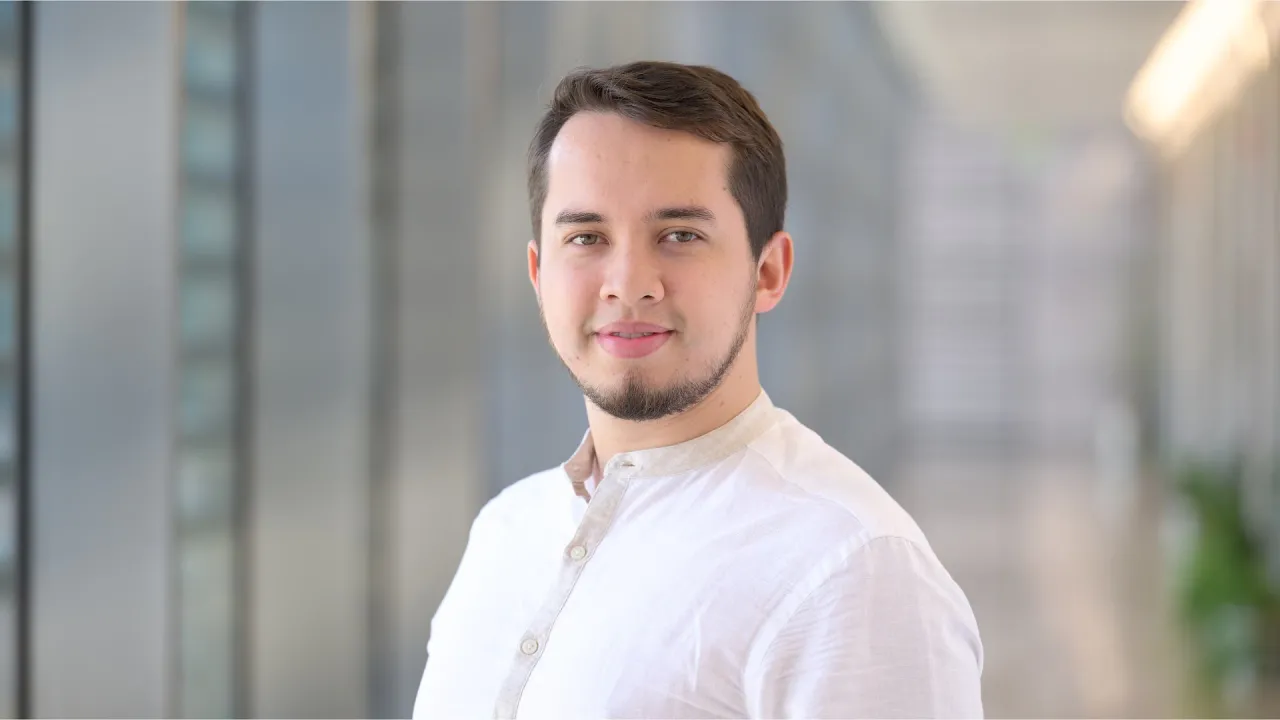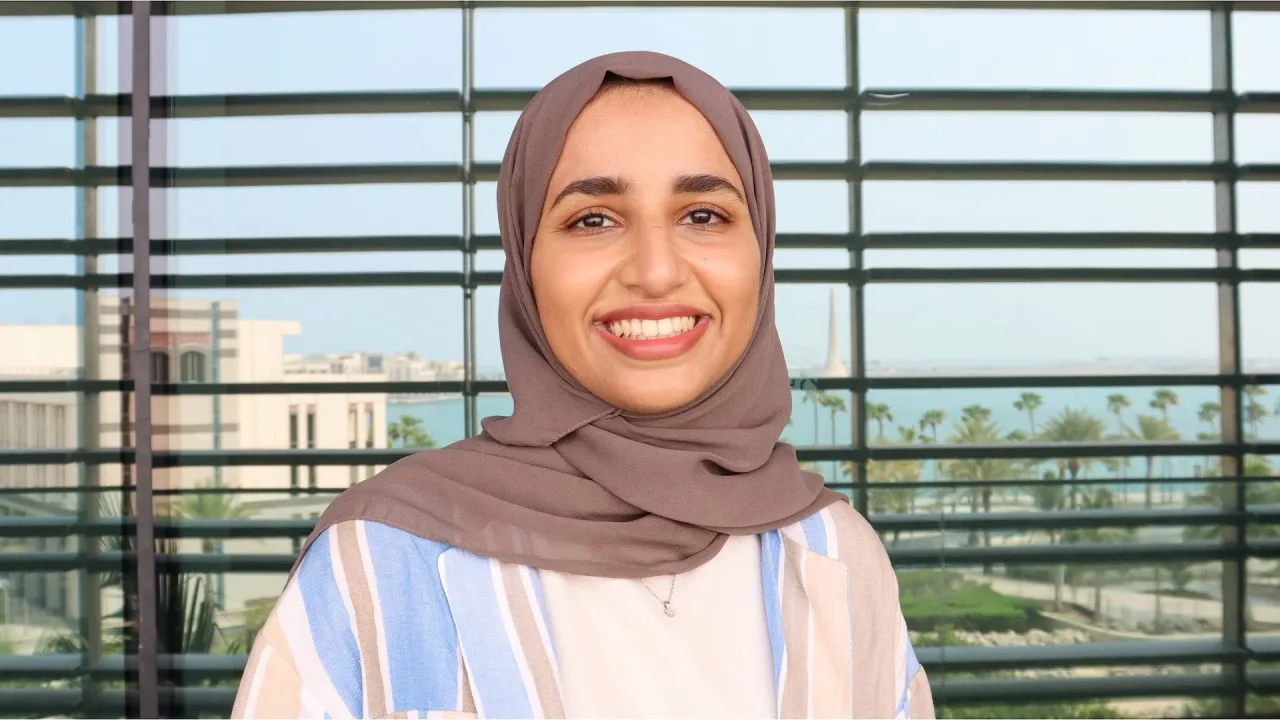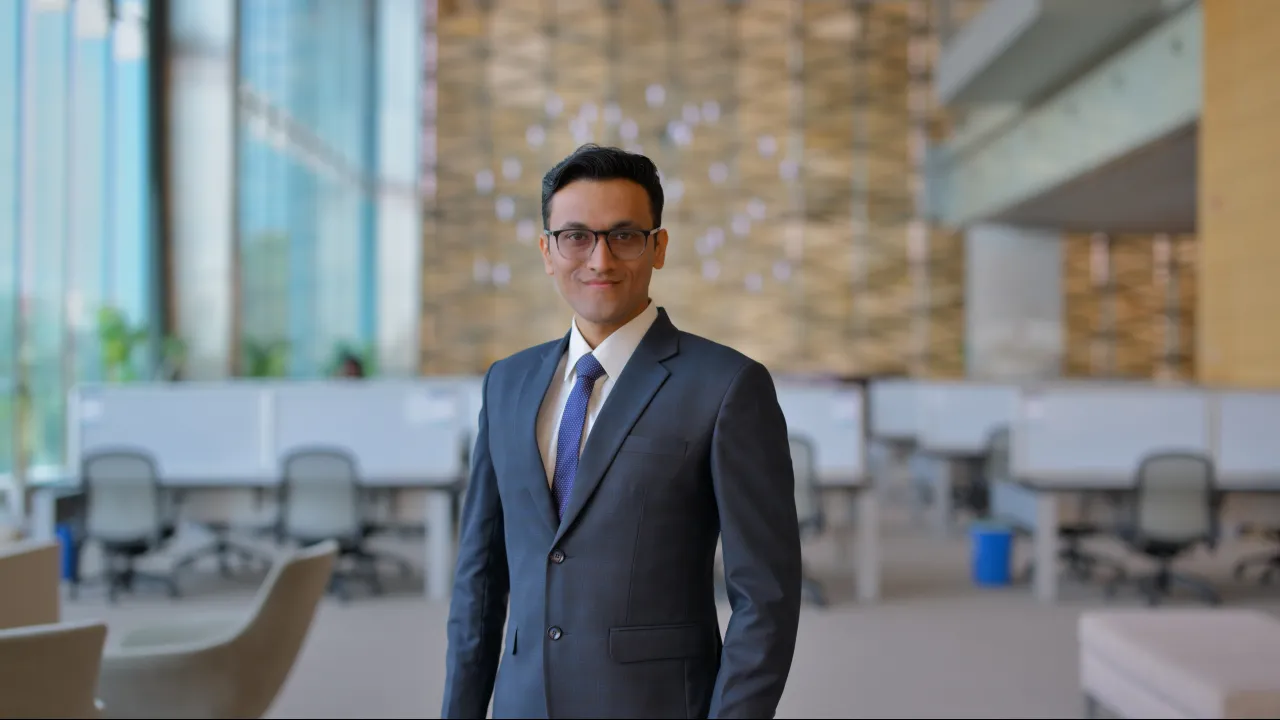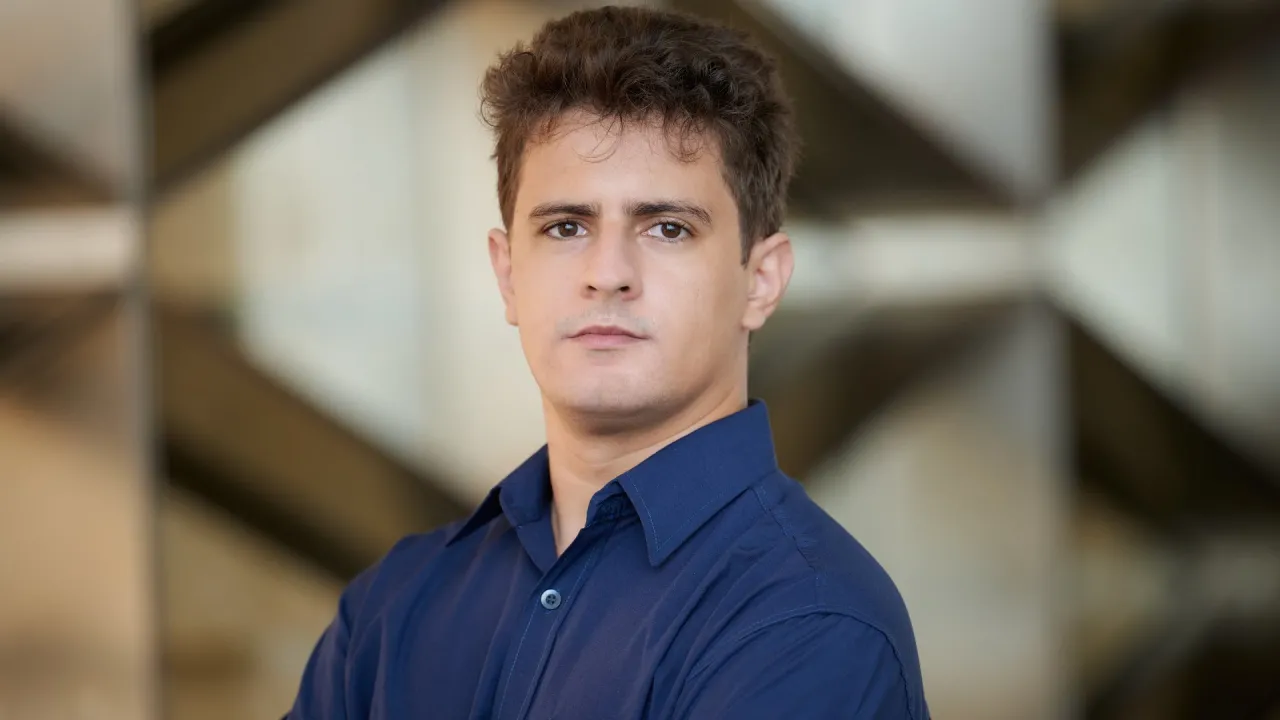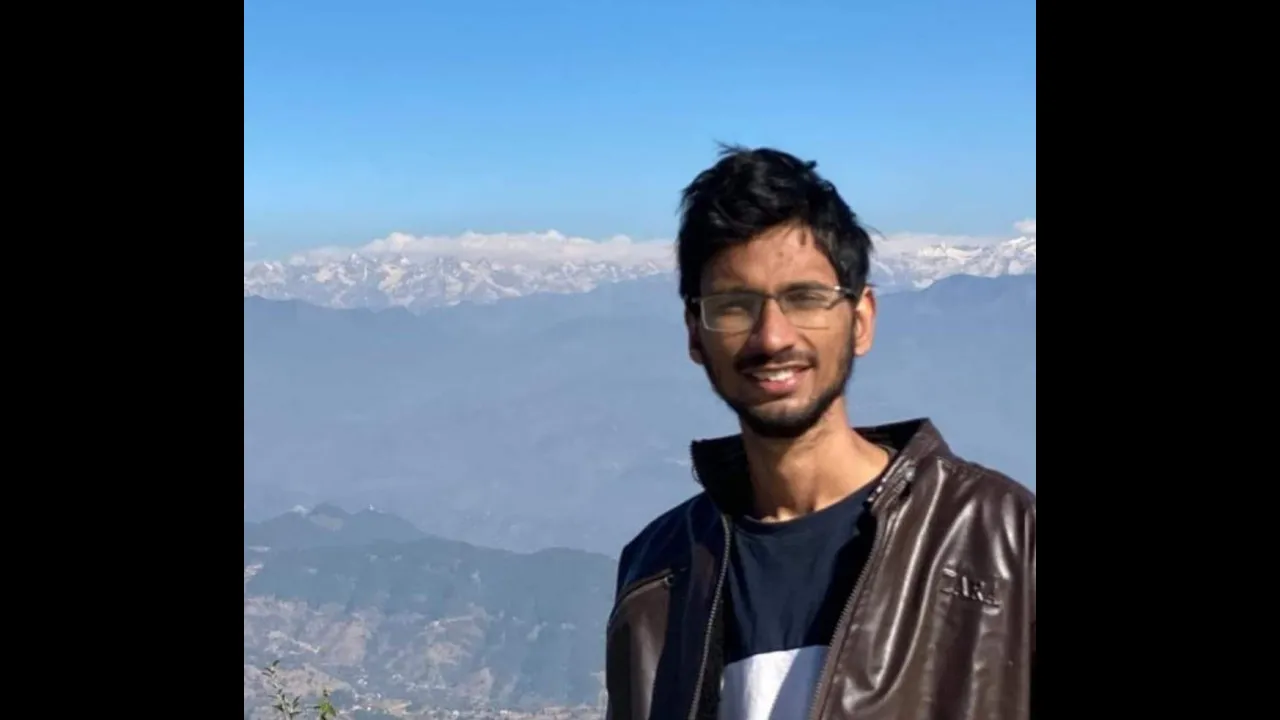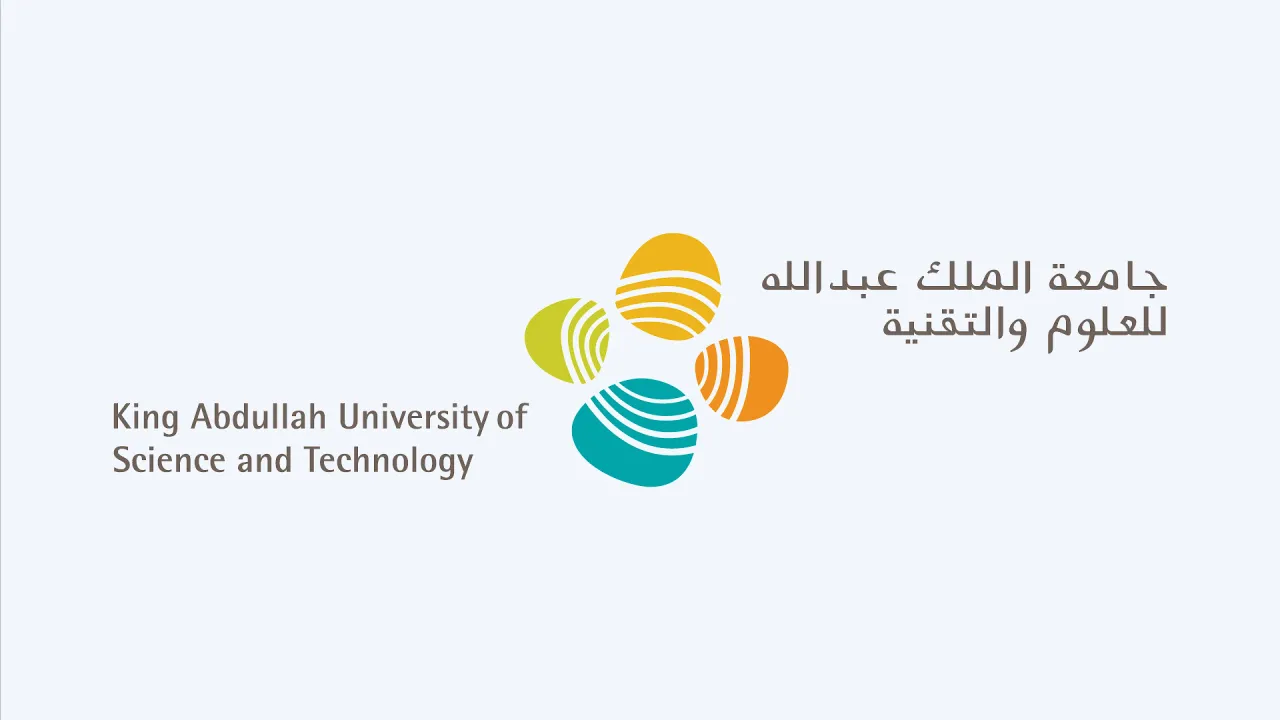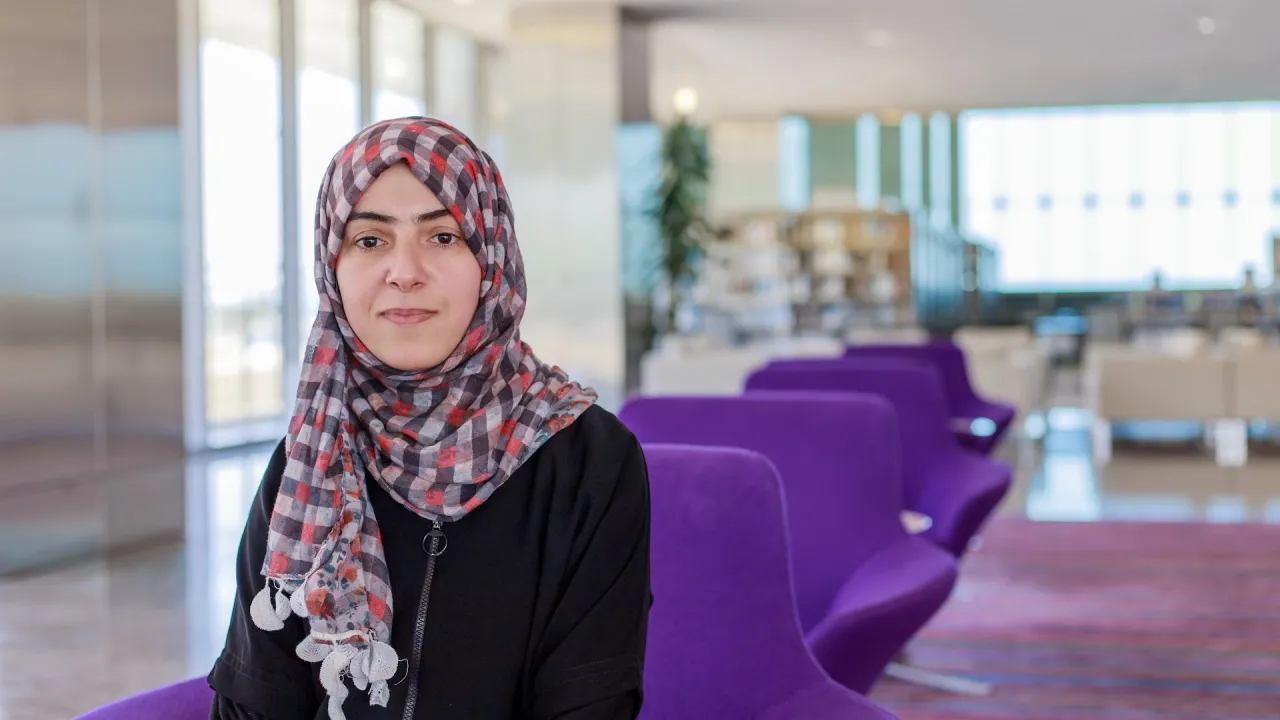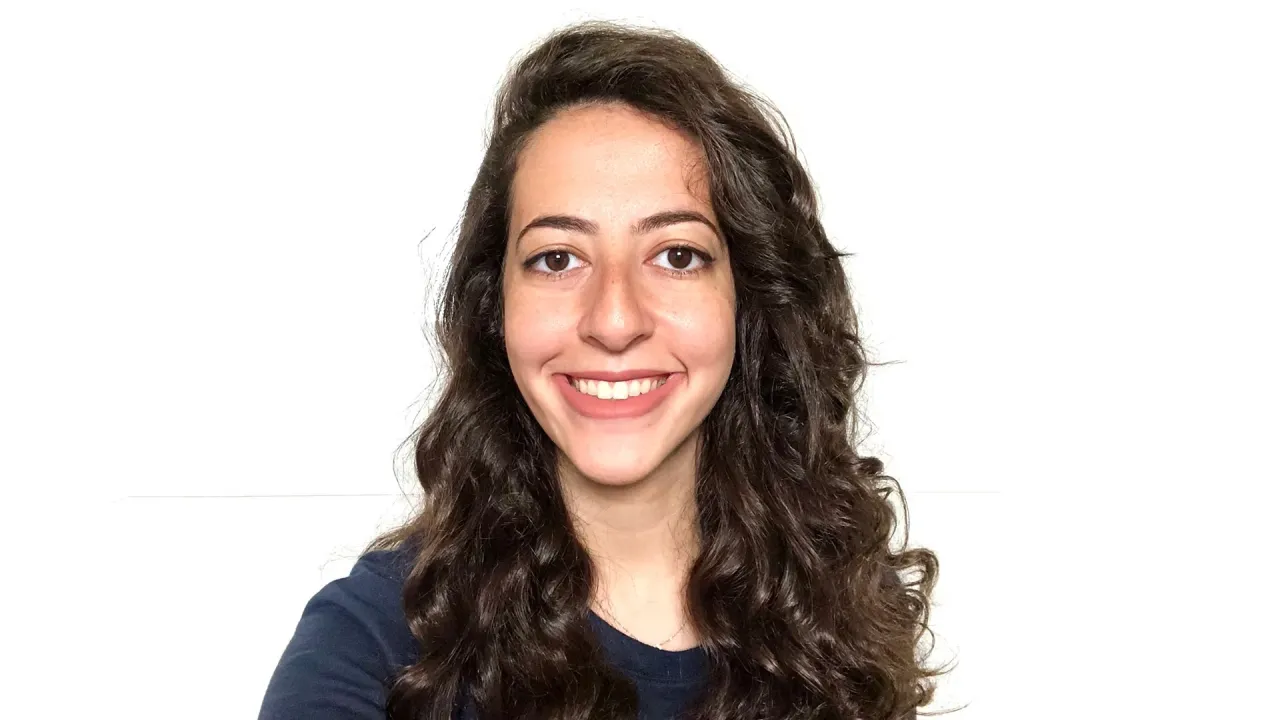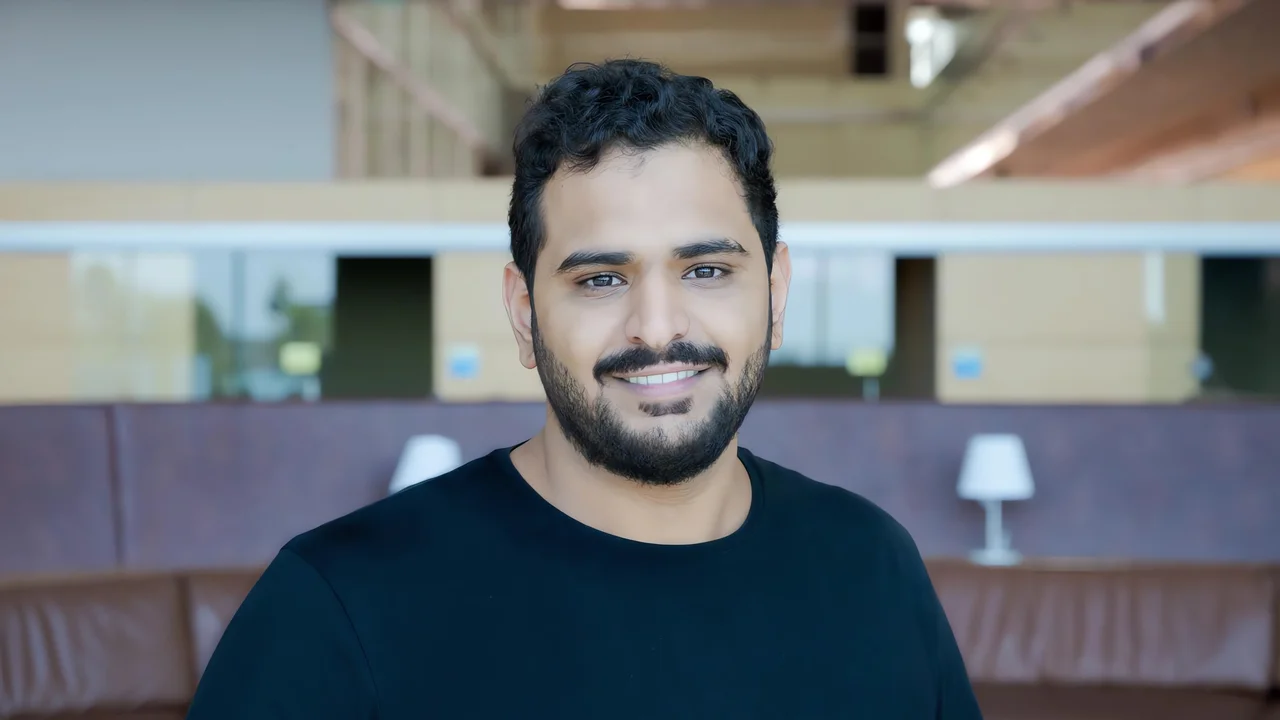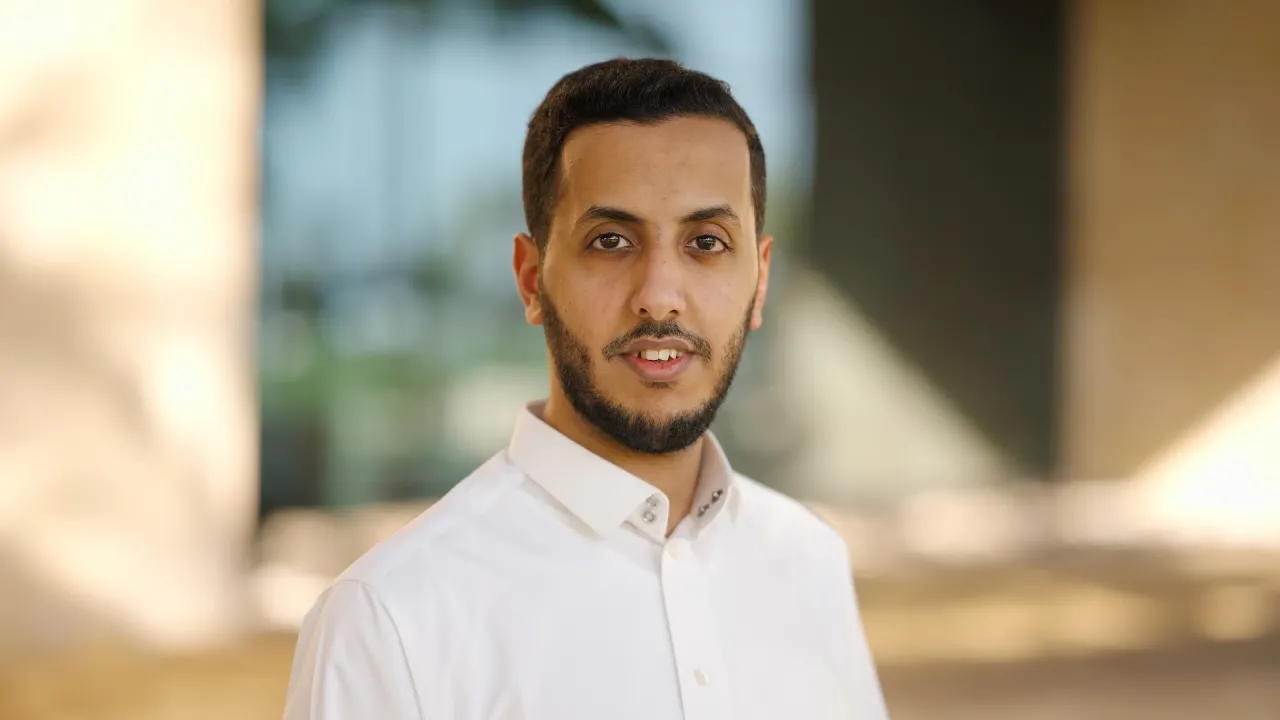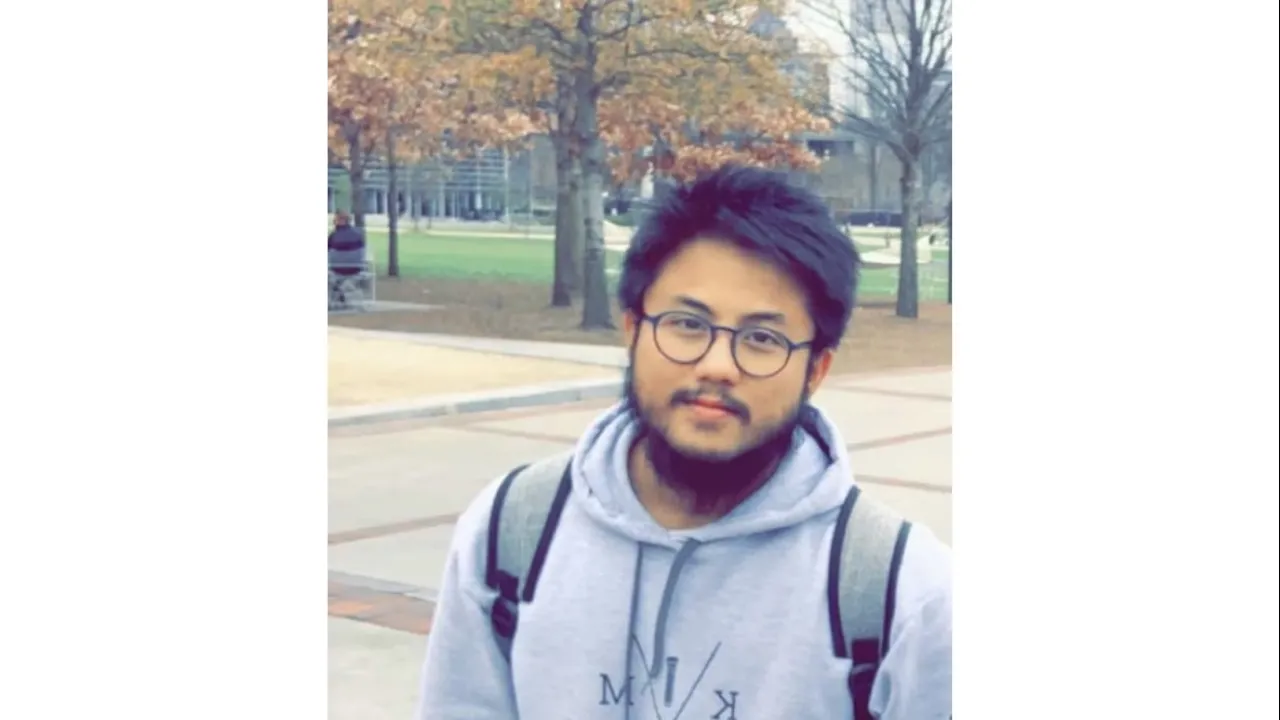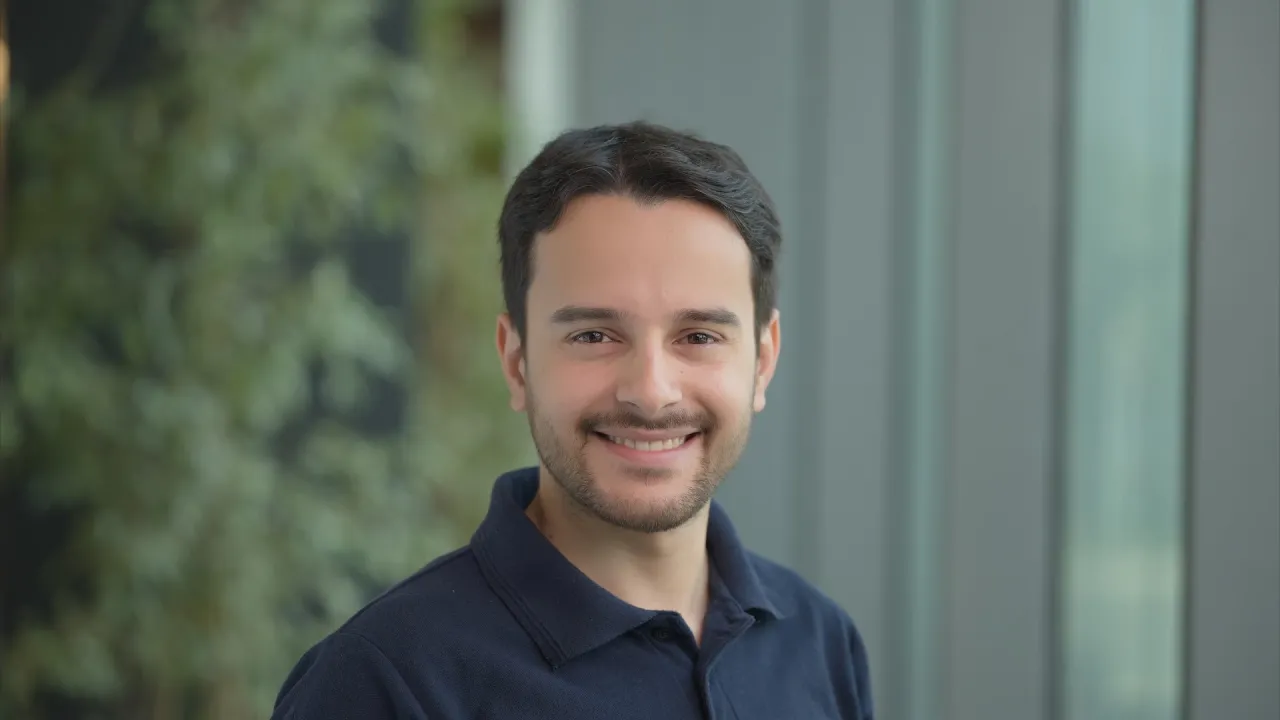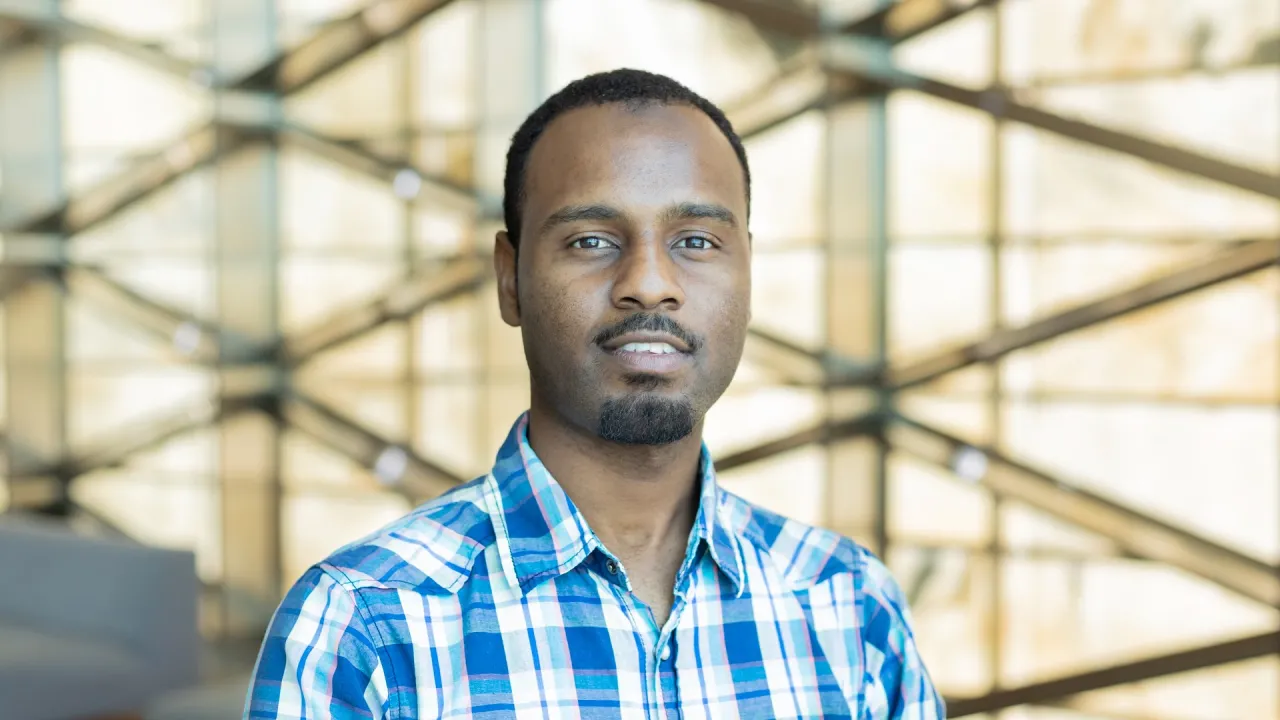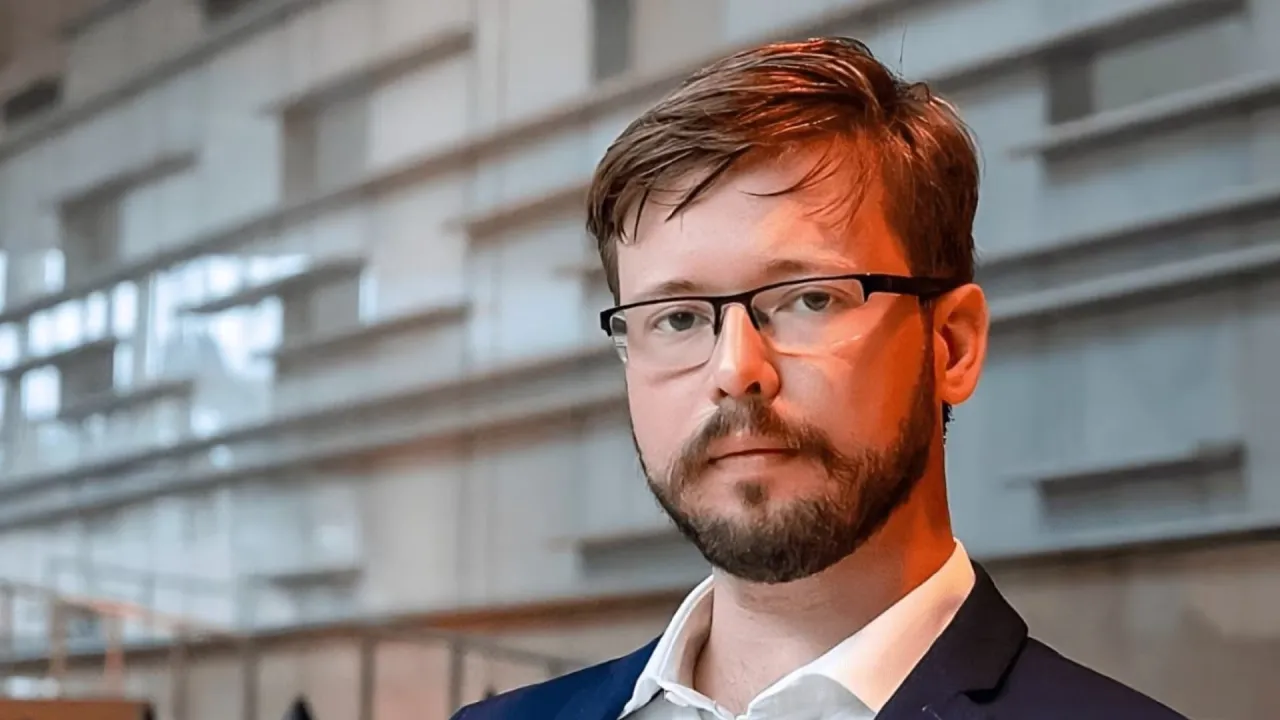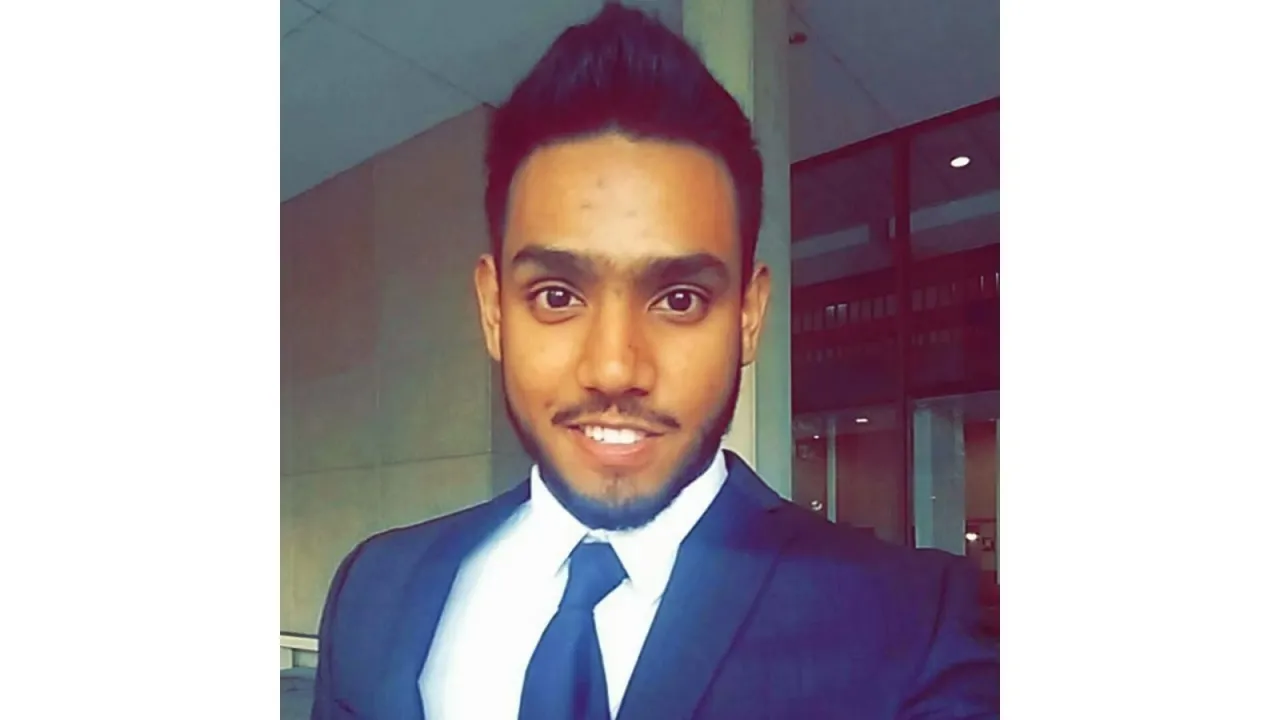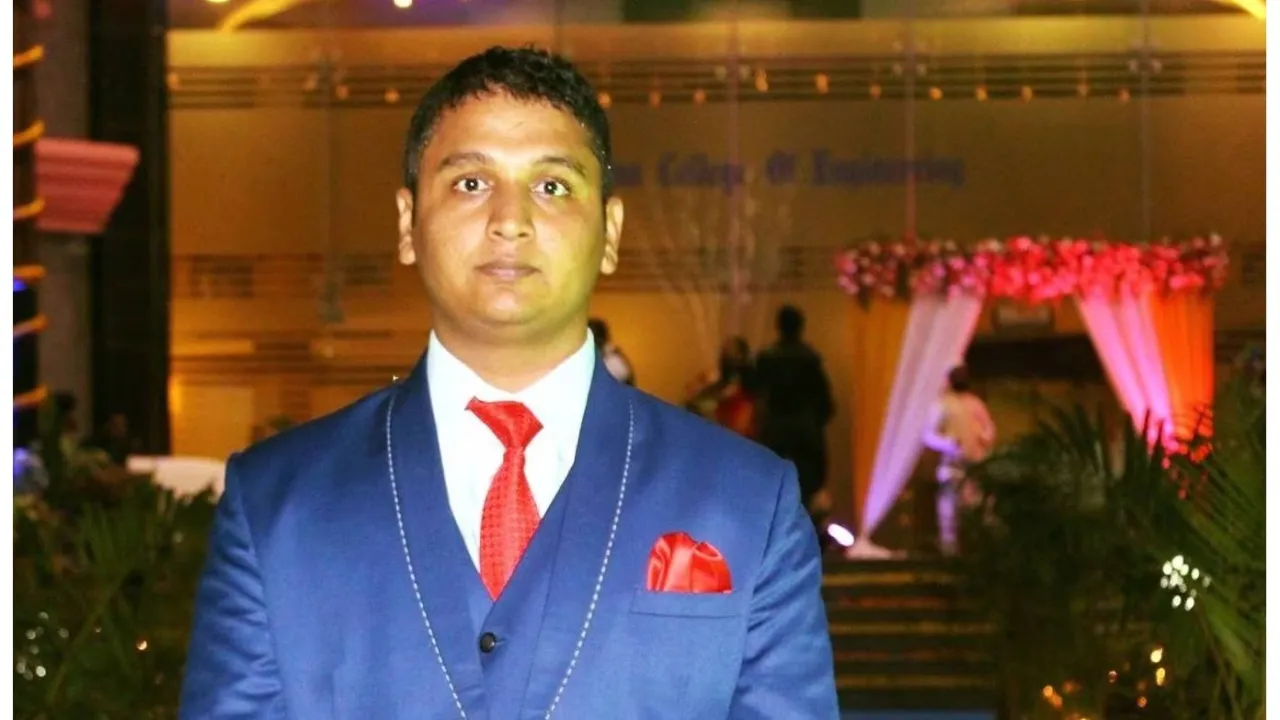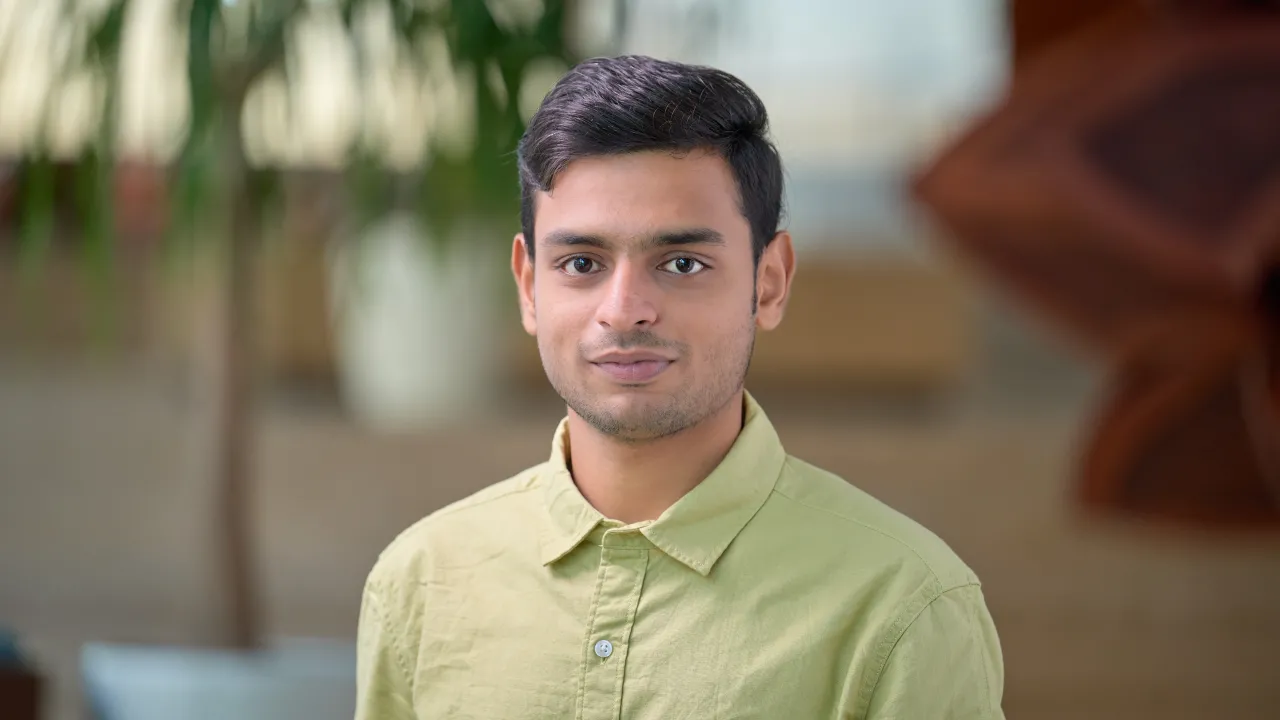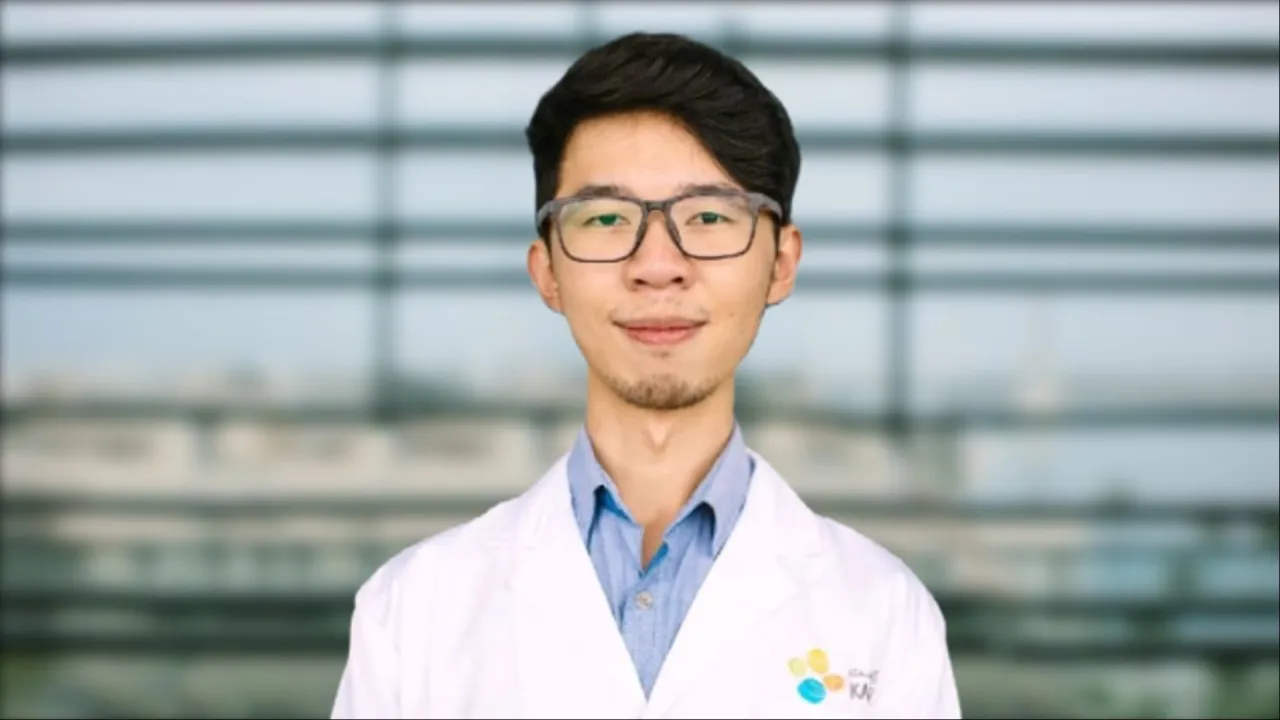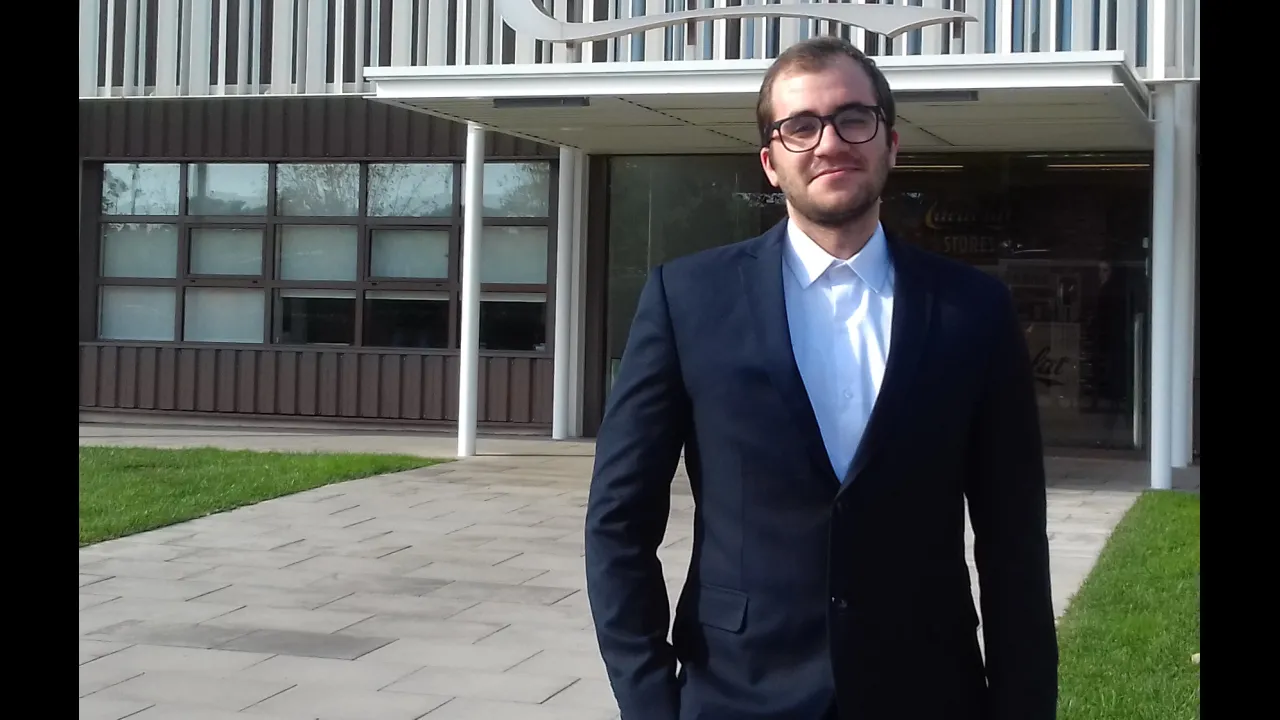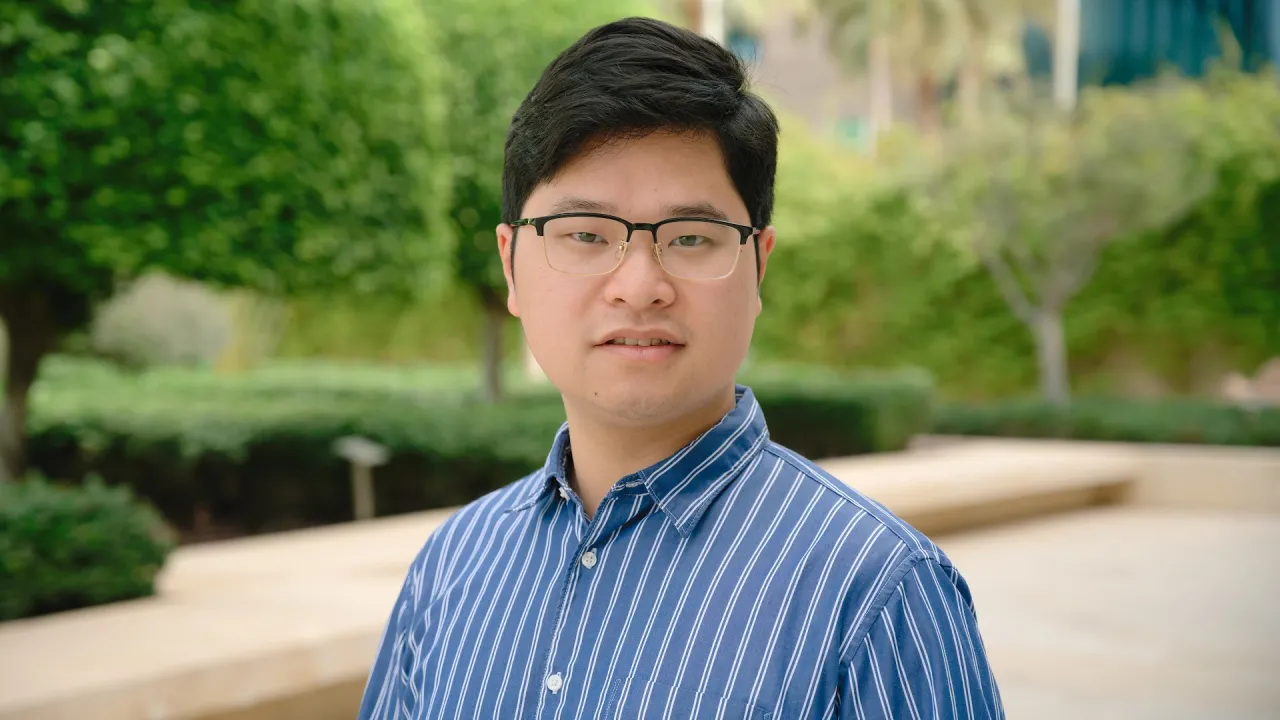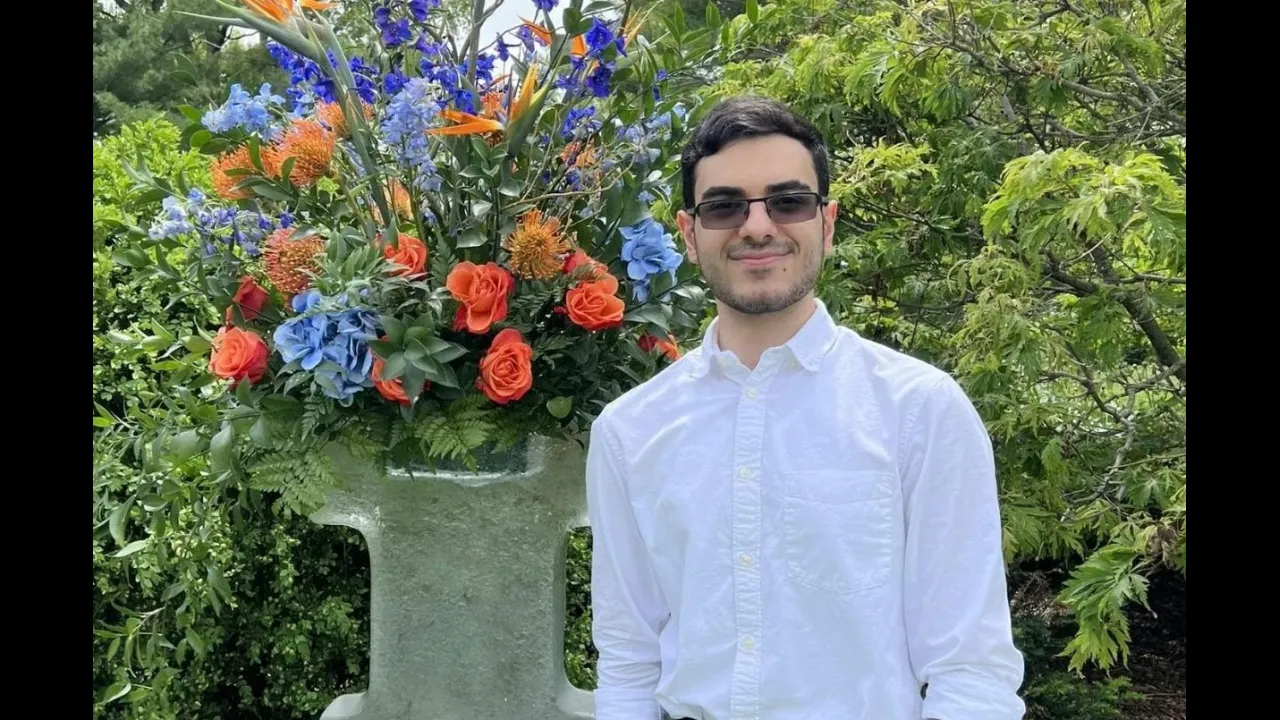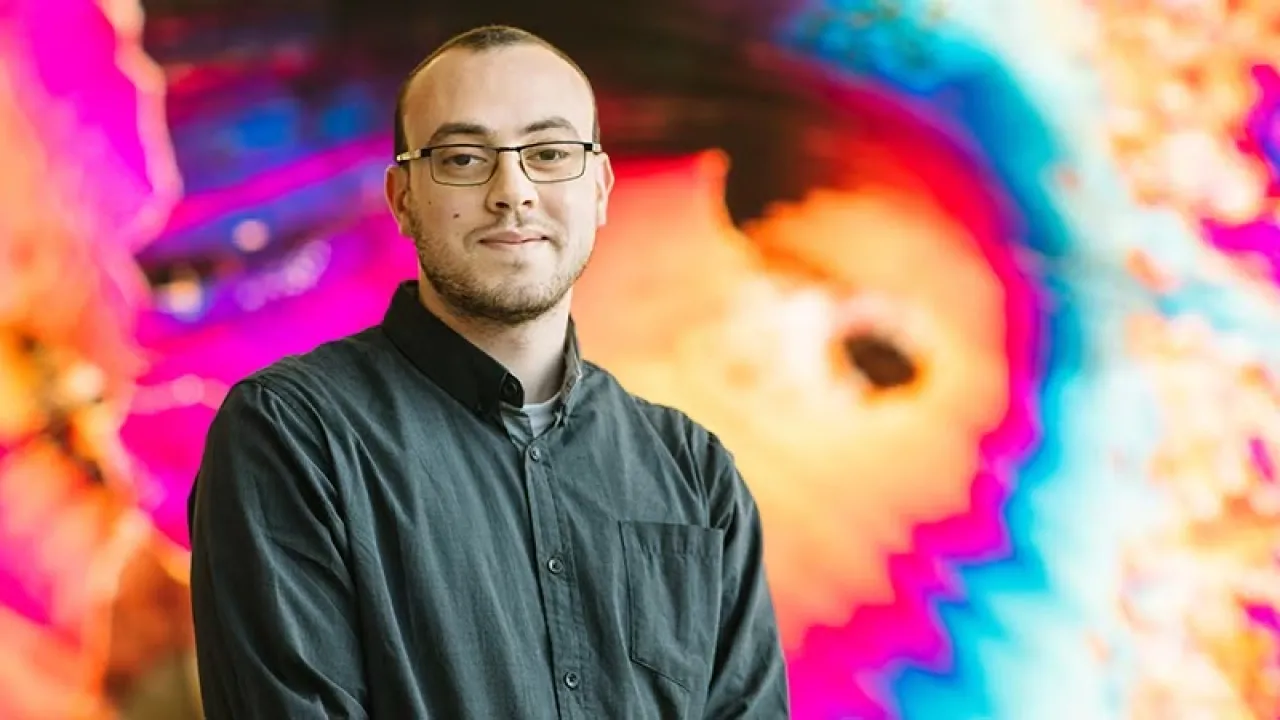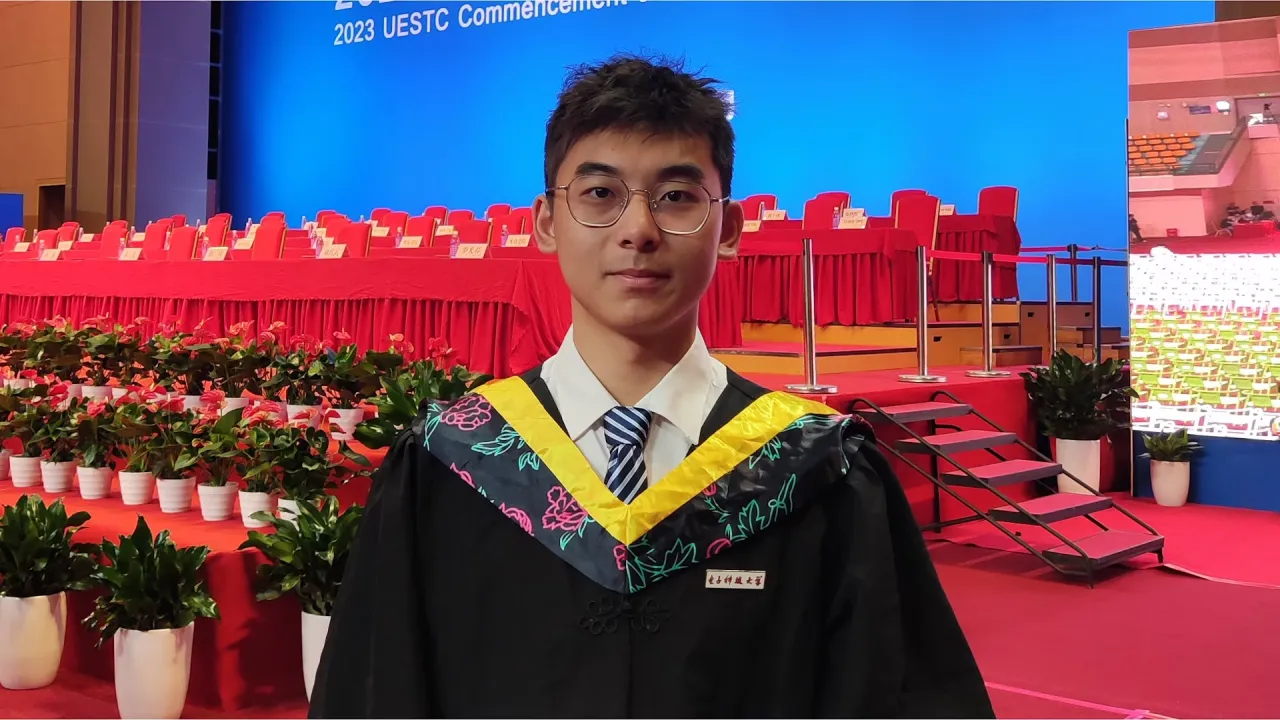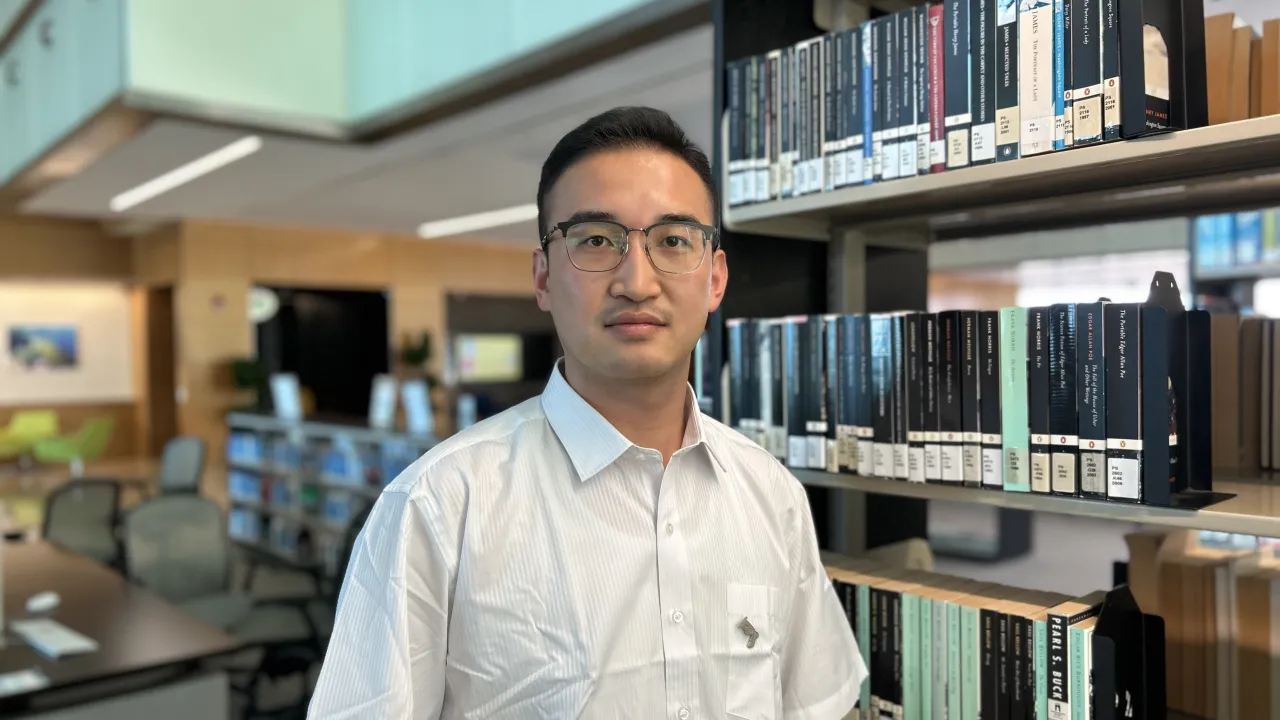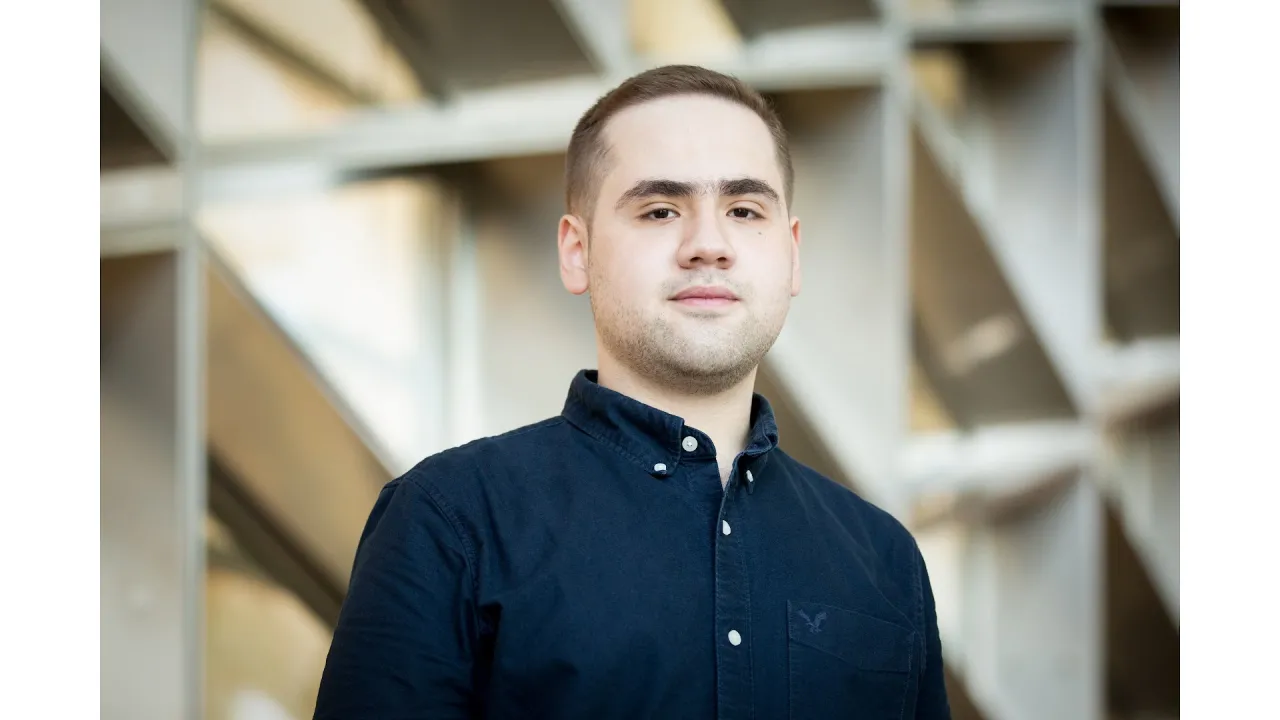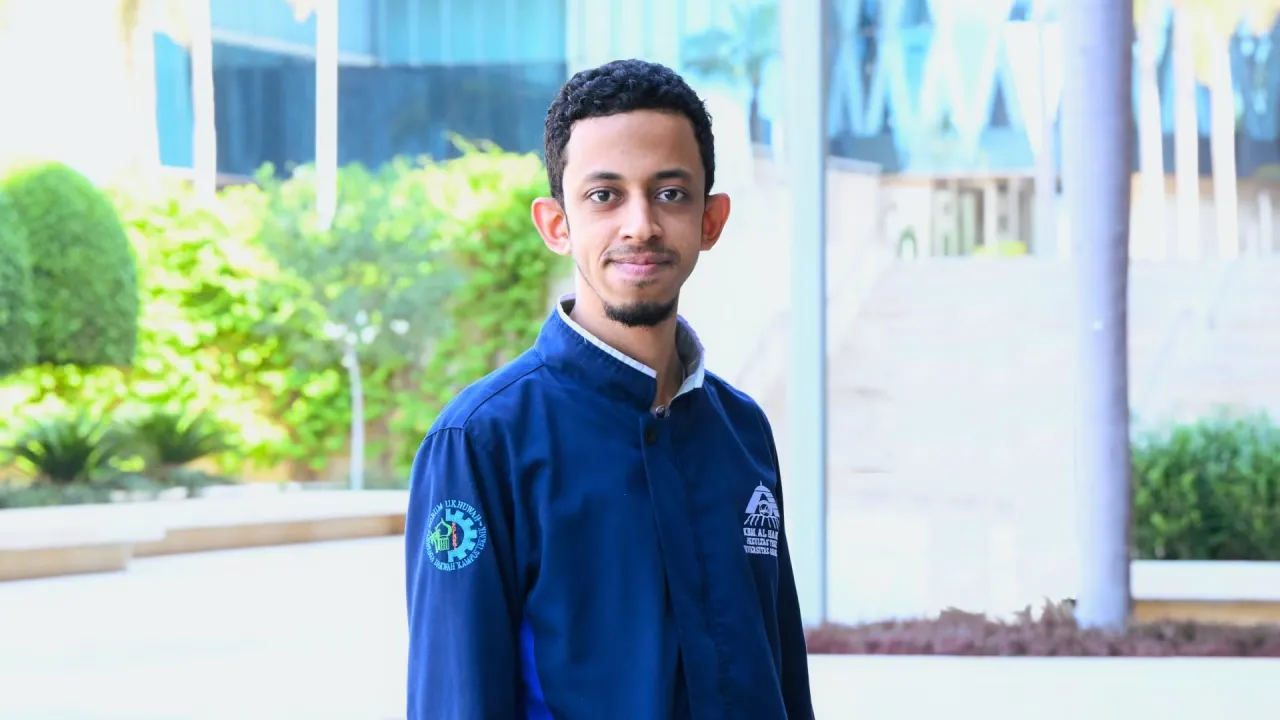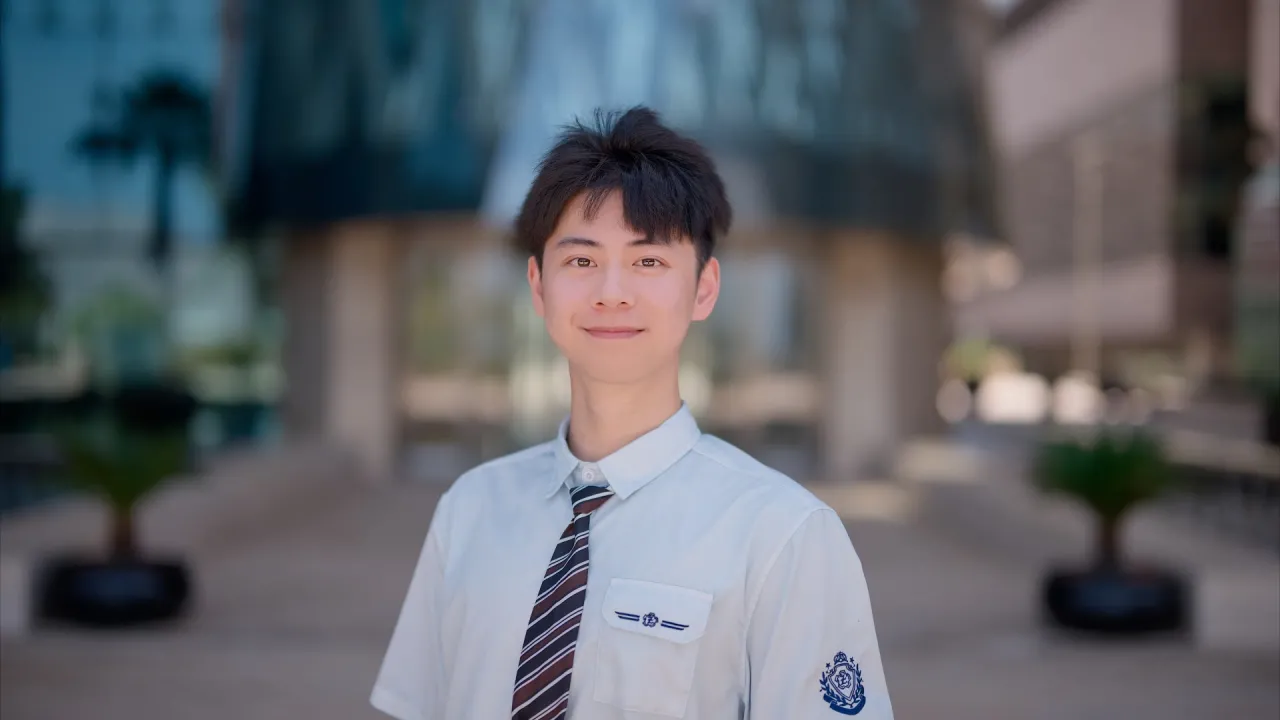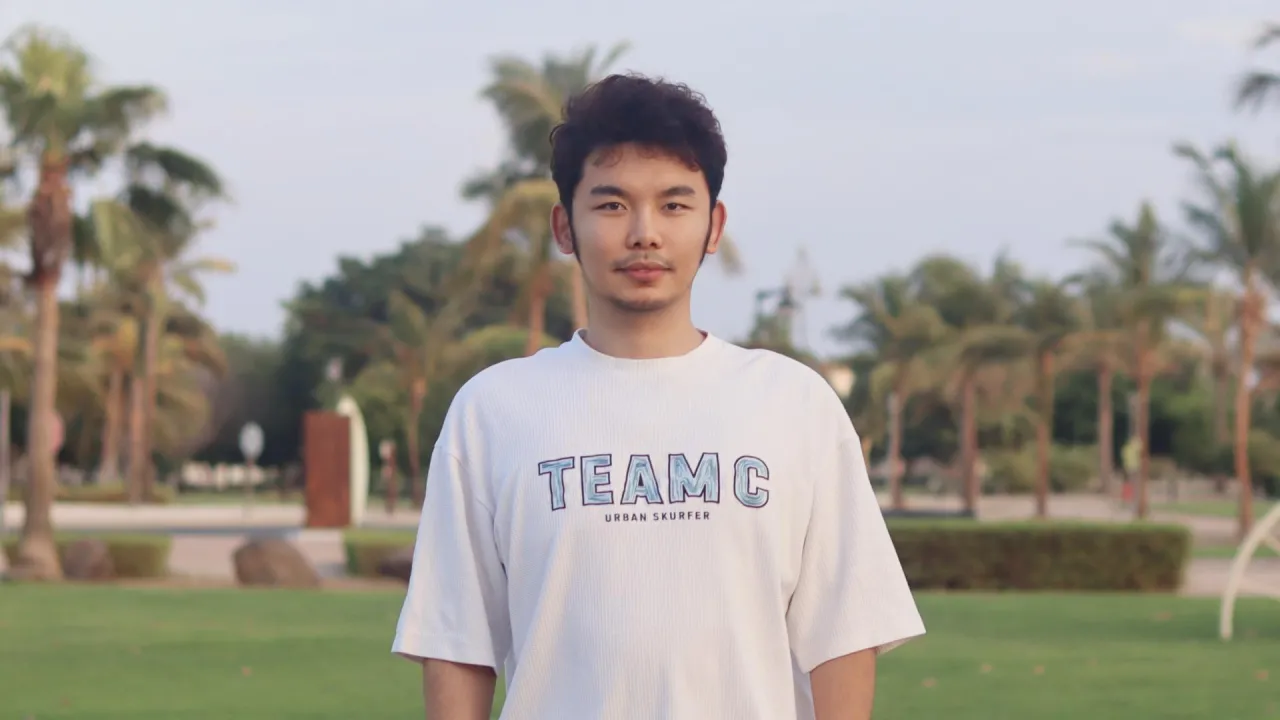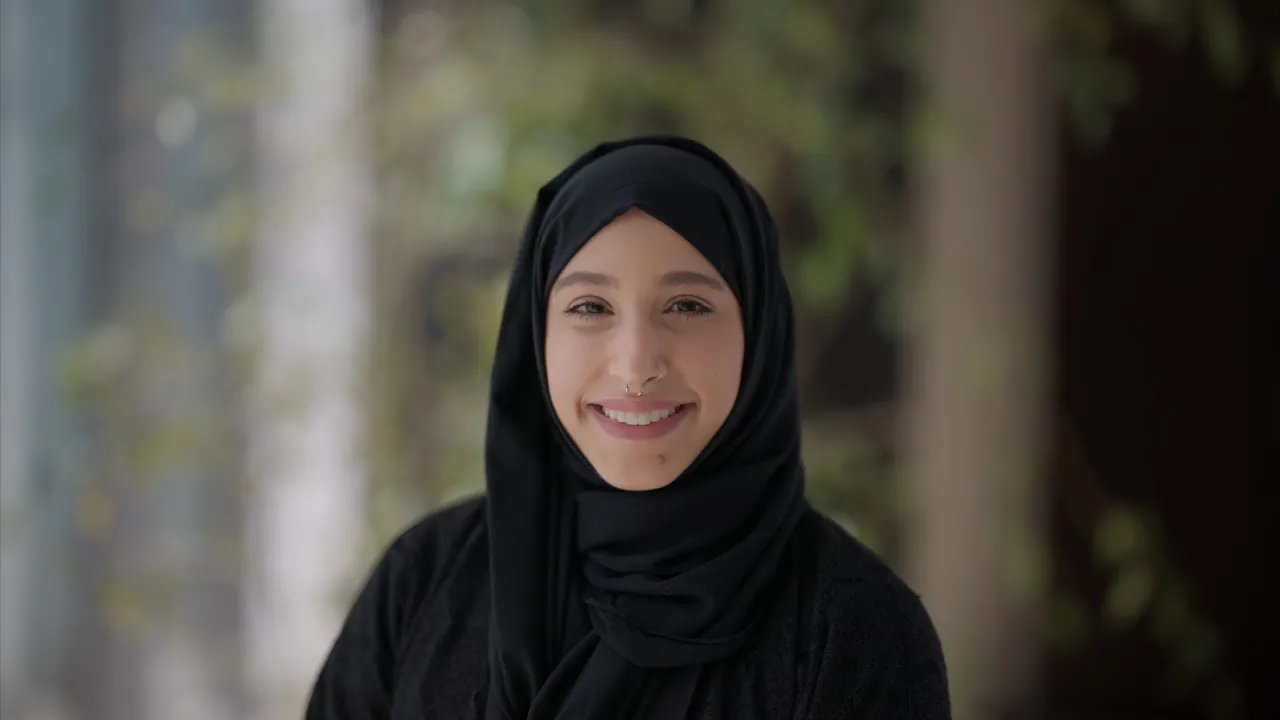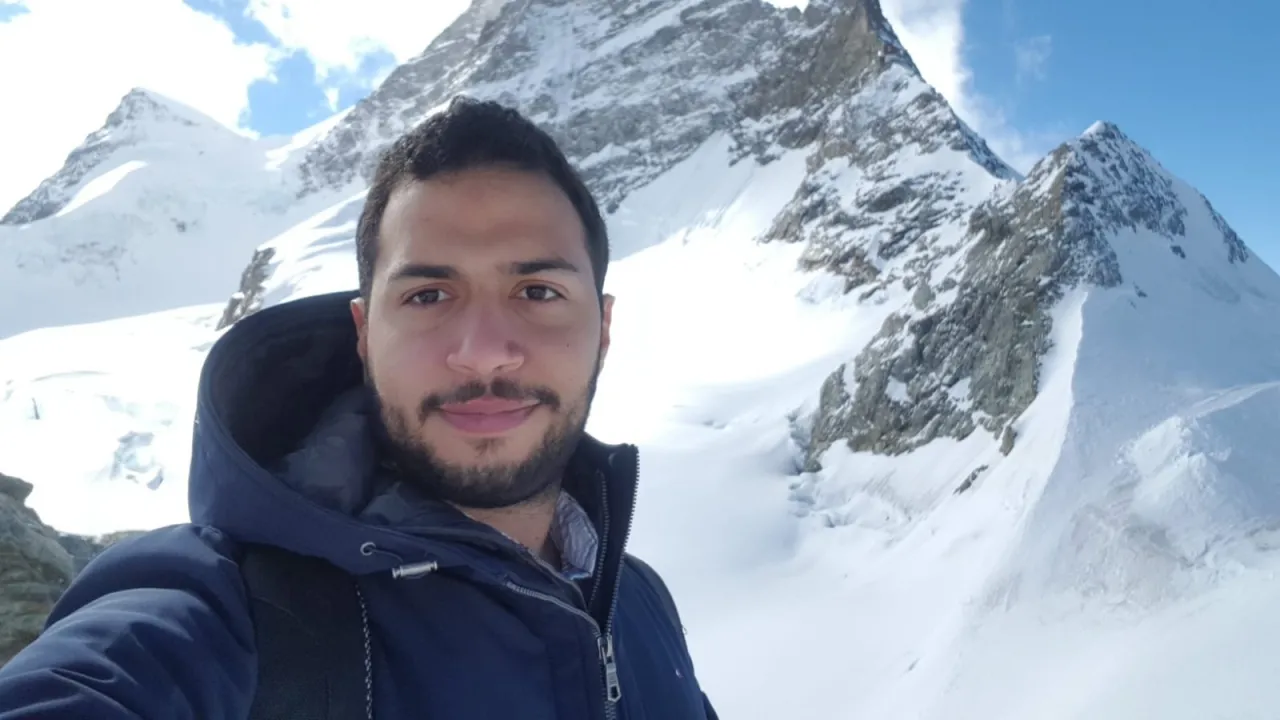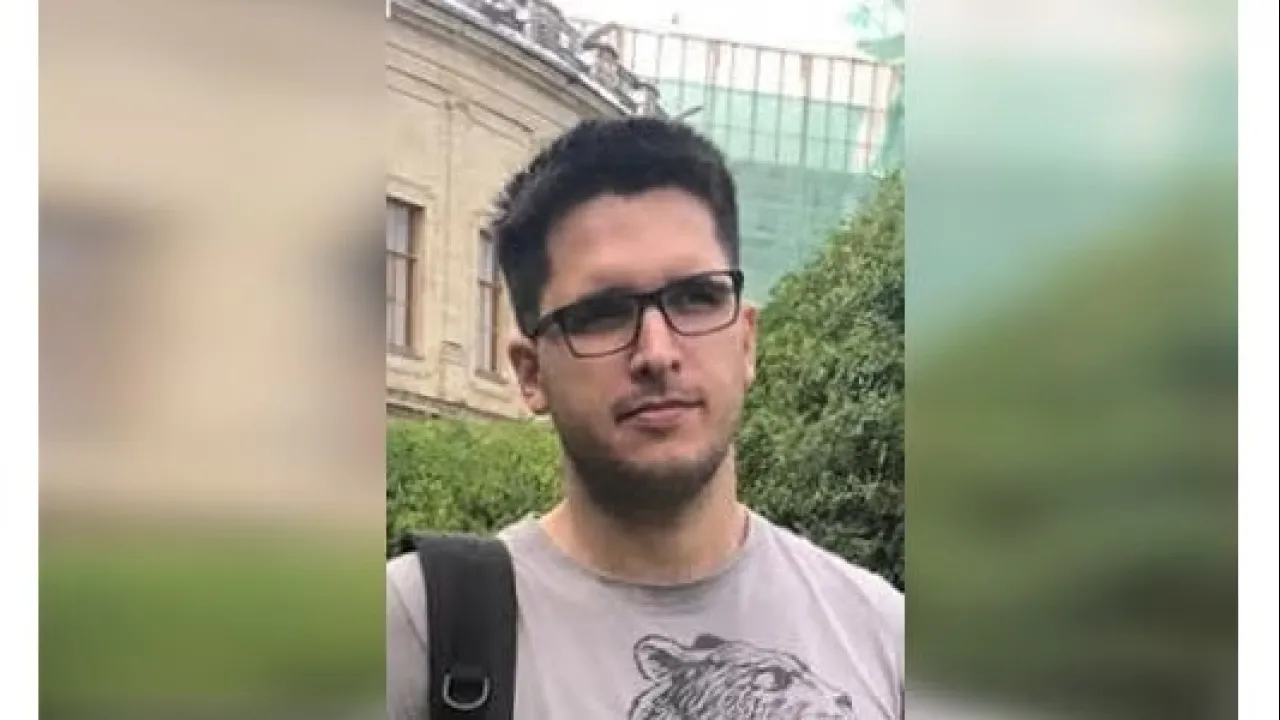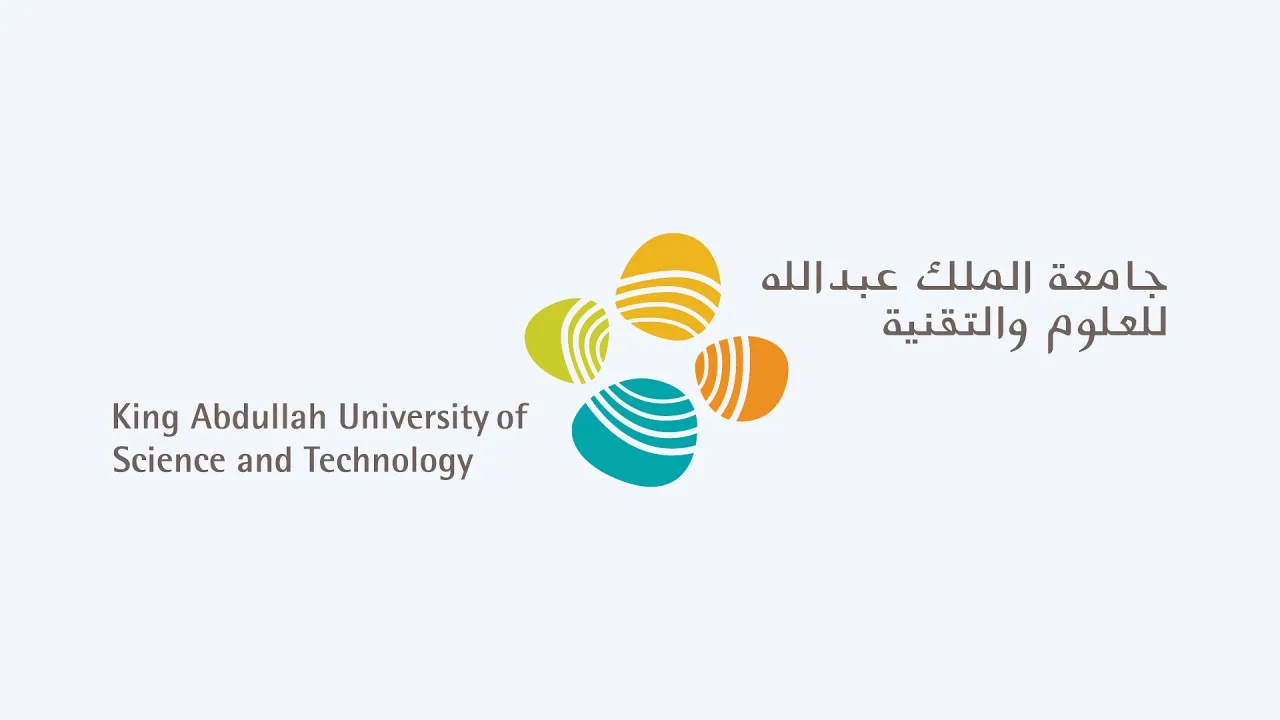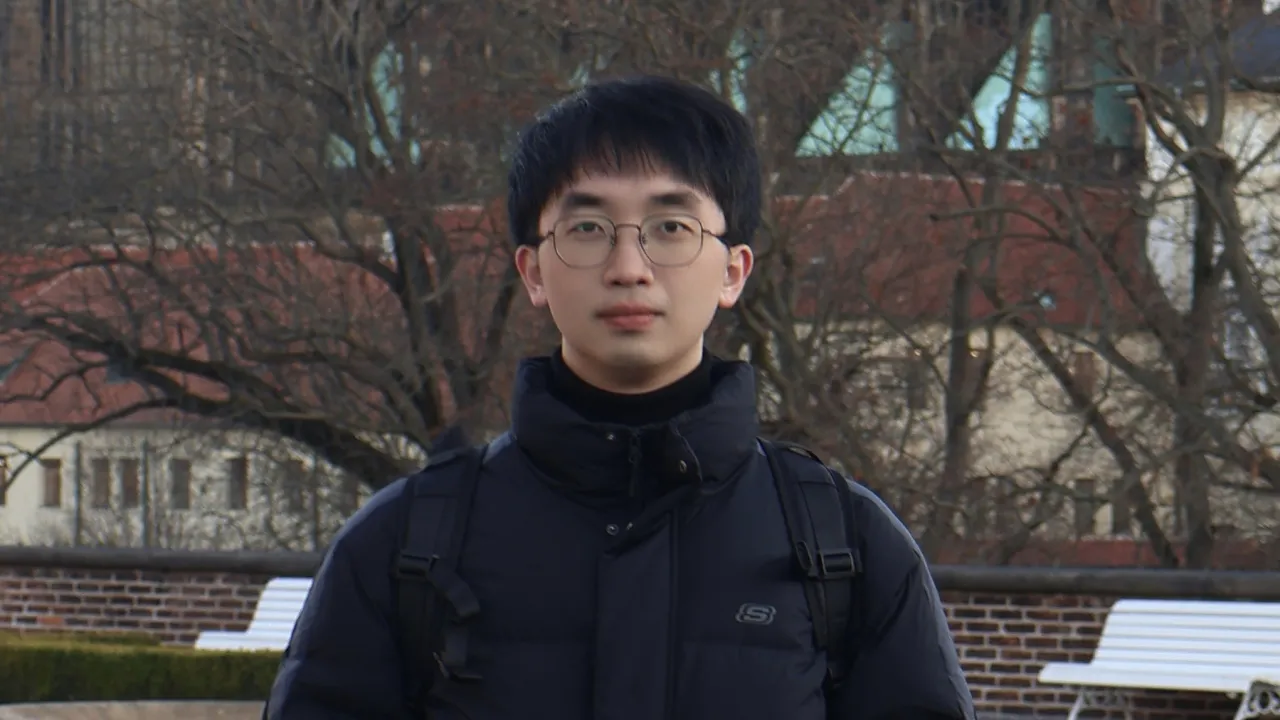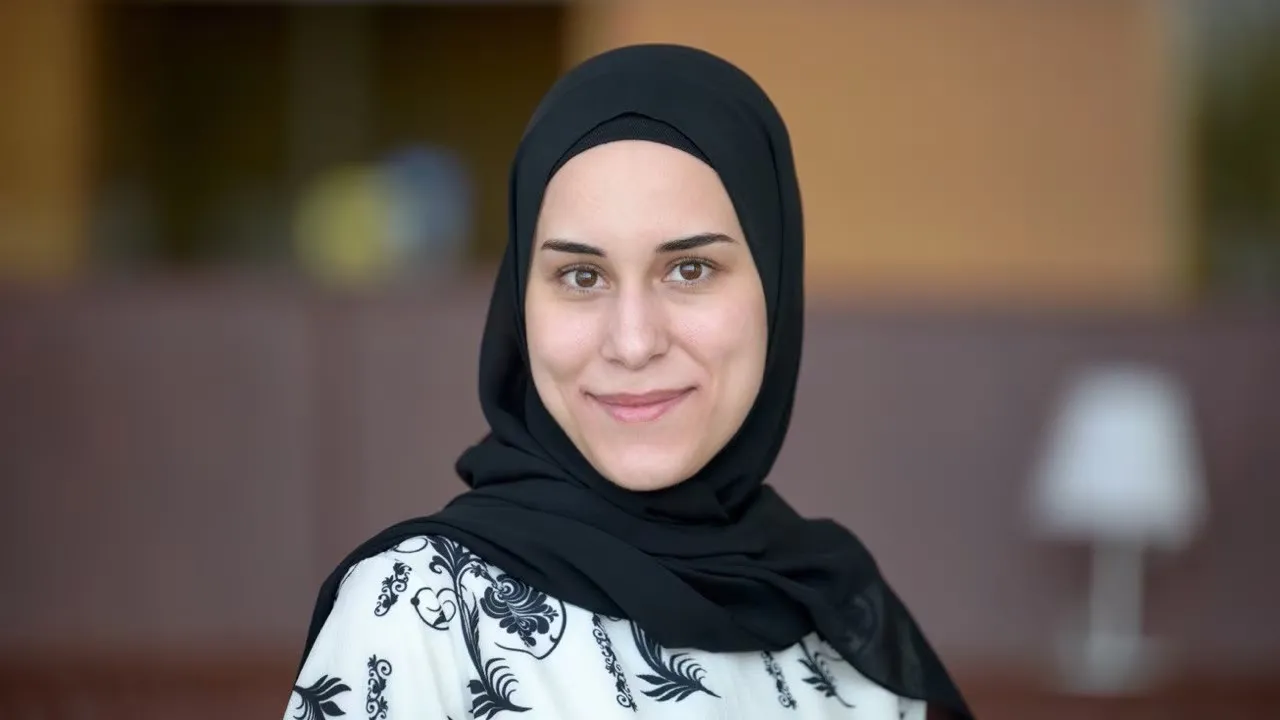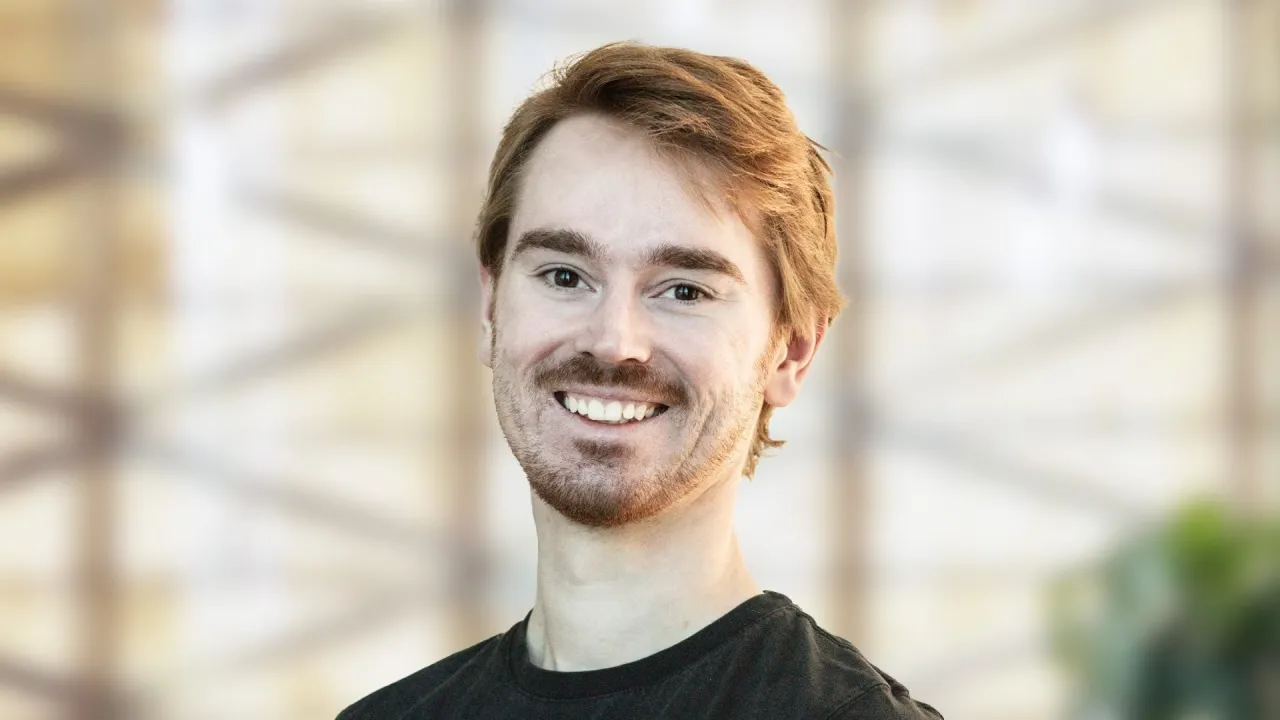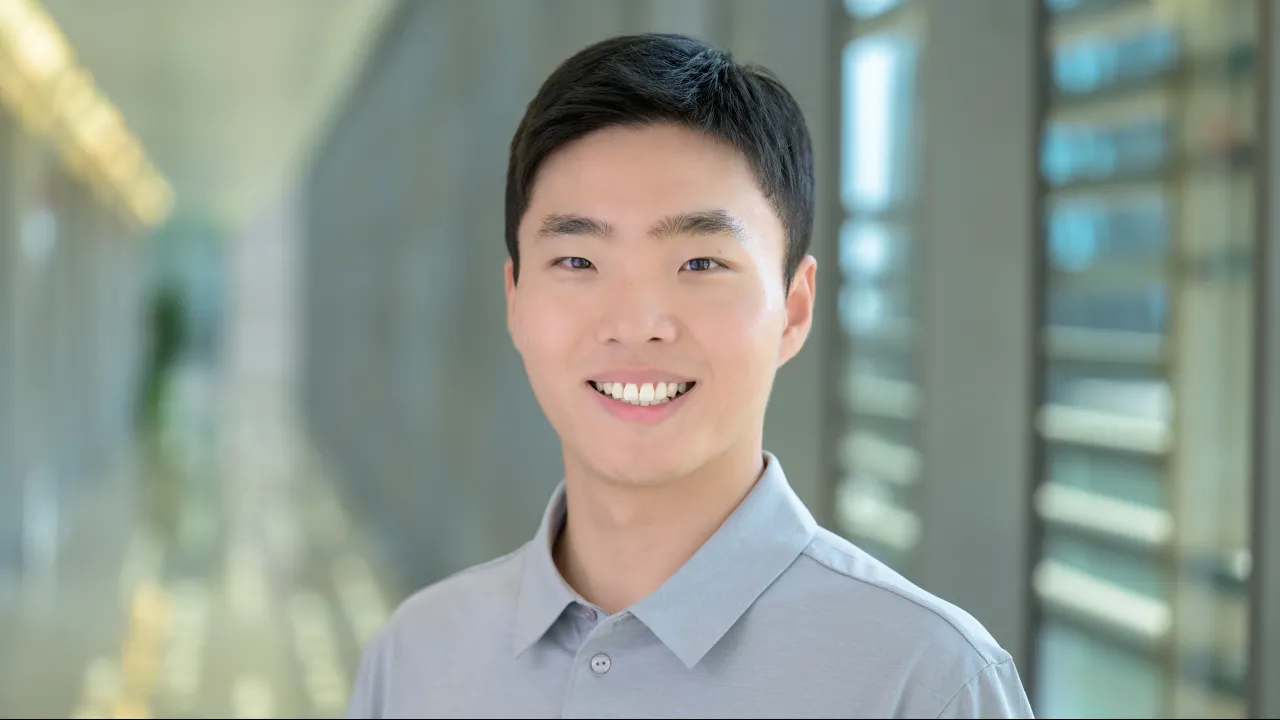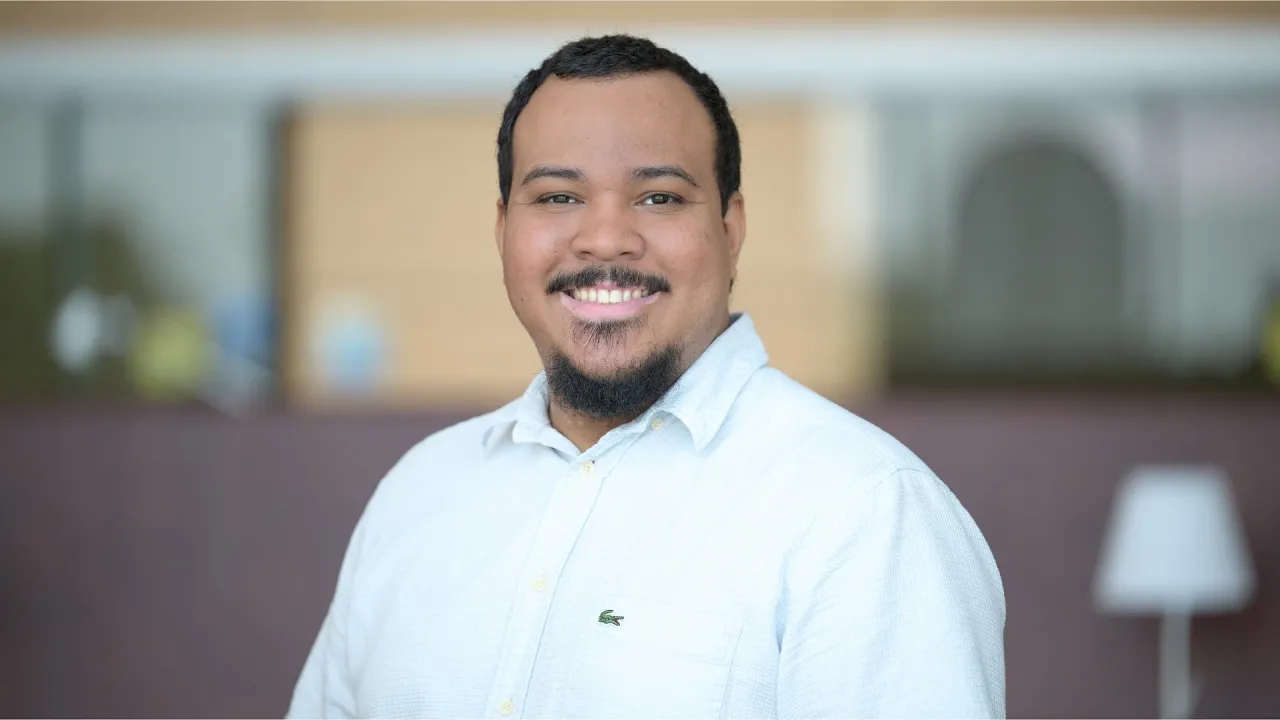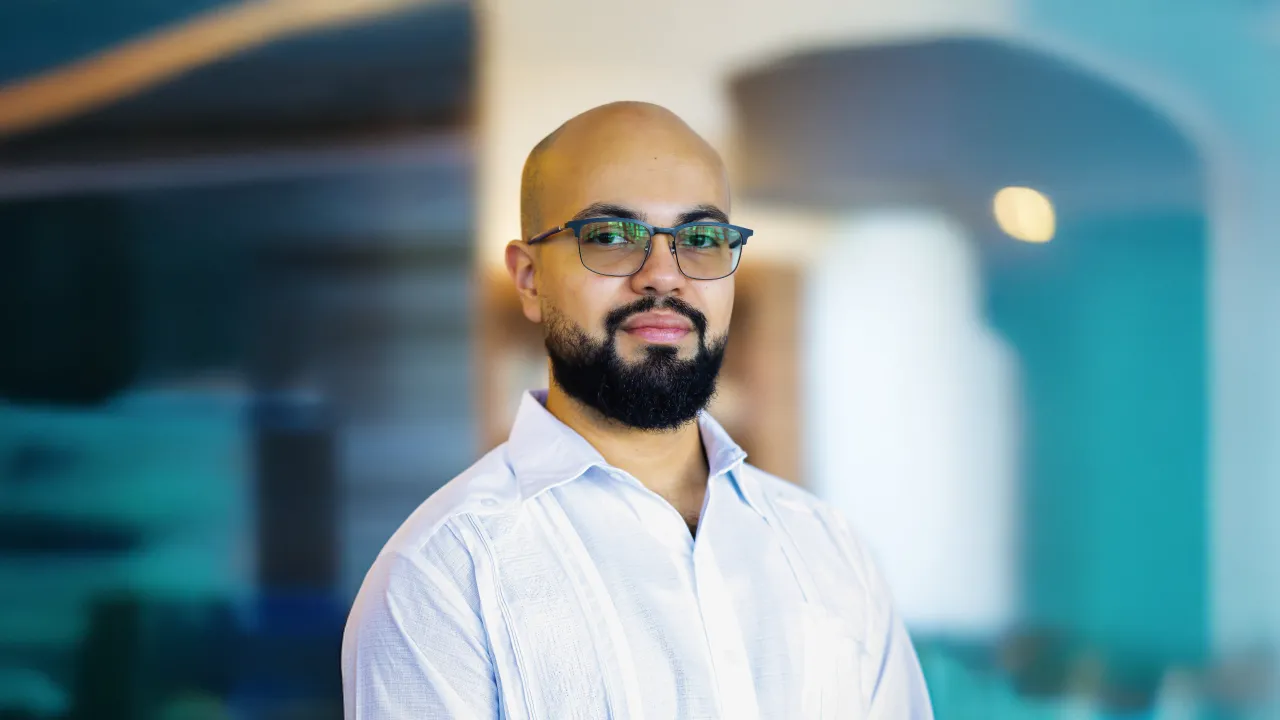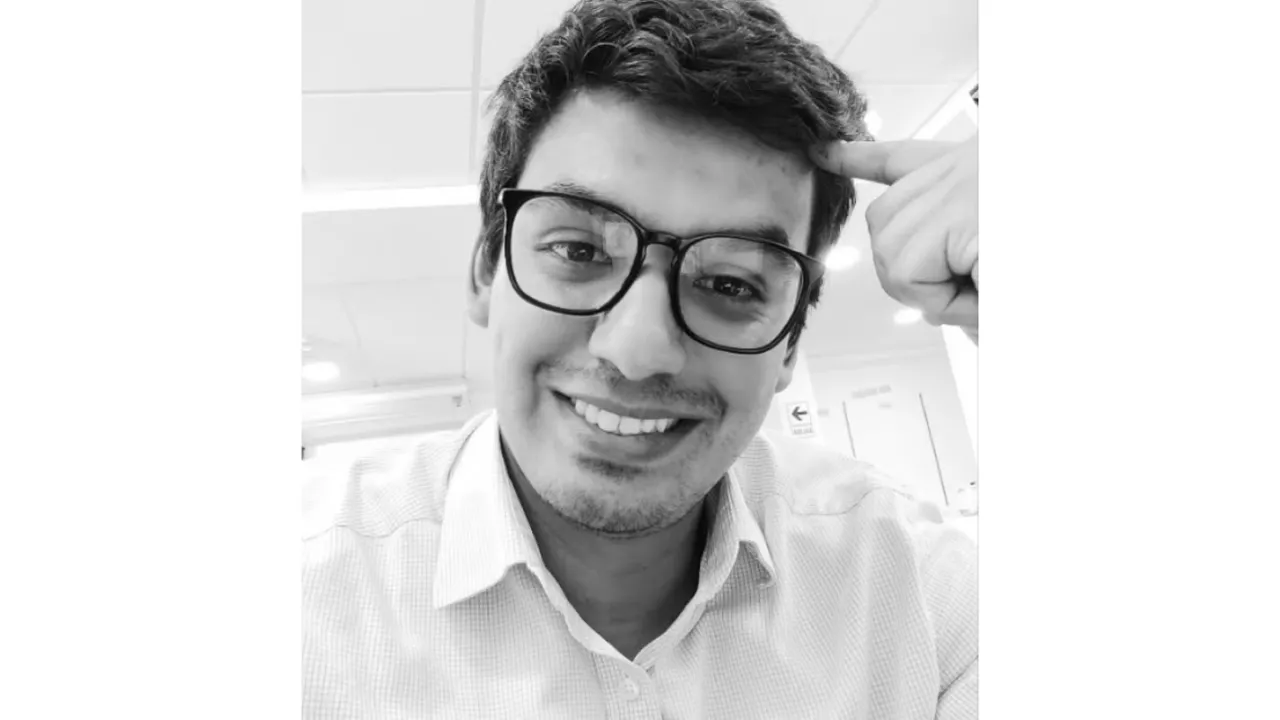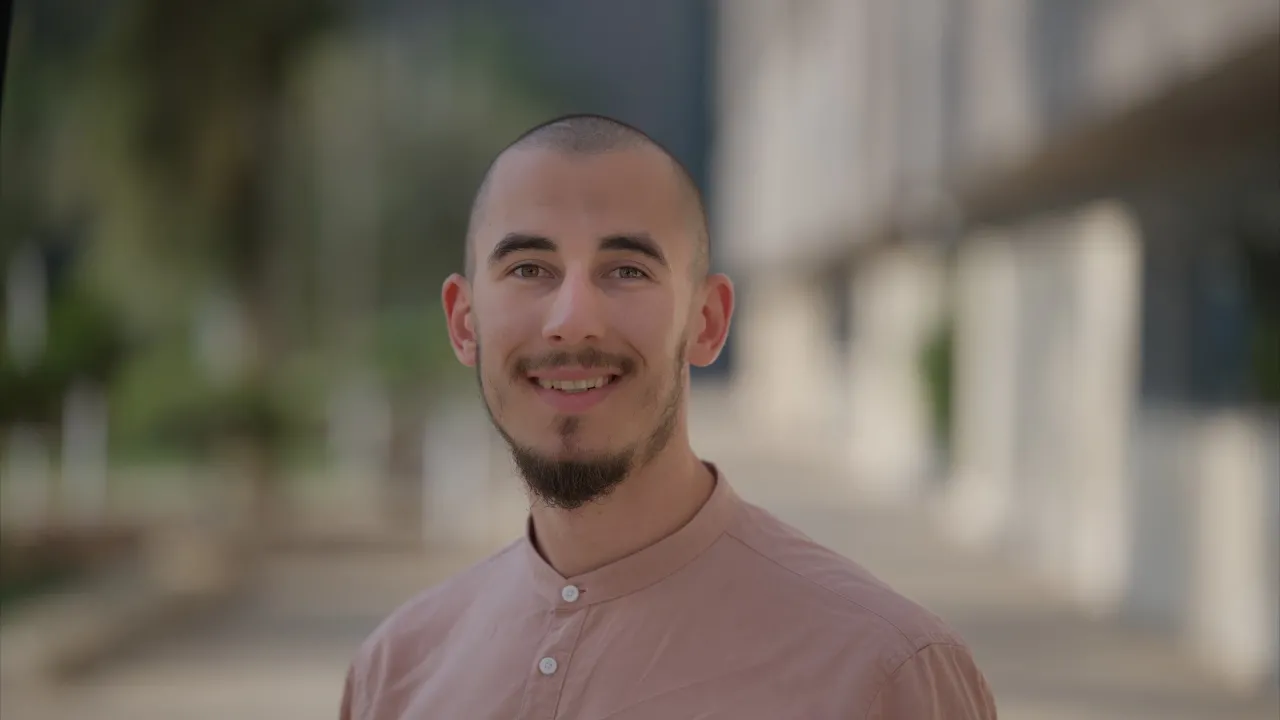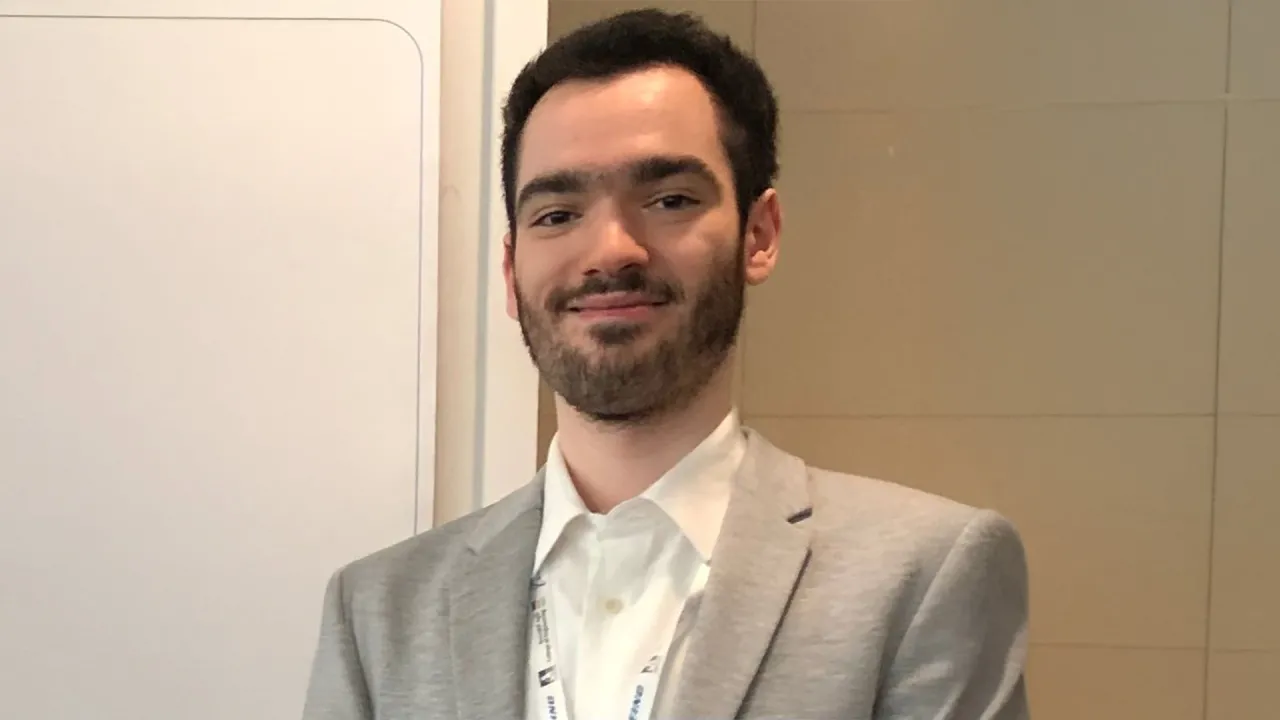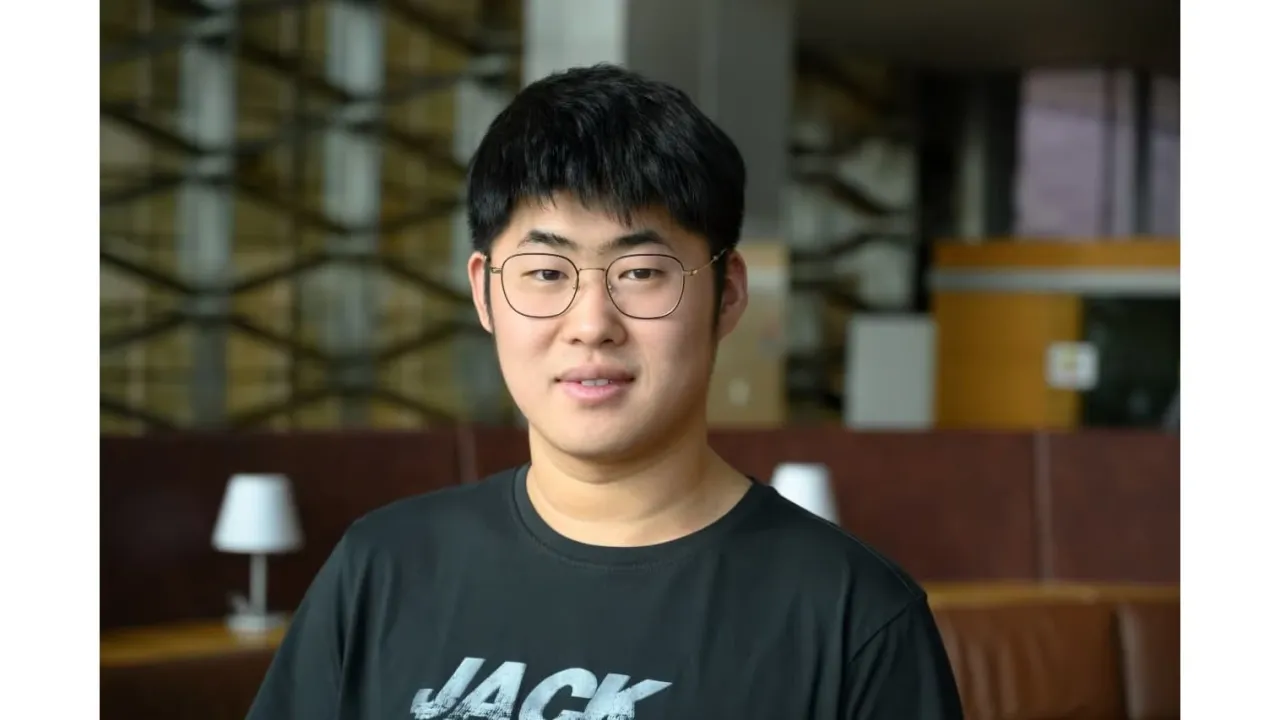Profiles
Students
Biography
Dhanu Chettri is a Ph.D. candidate at the Advanced Semiconductor Laboratory (ASL) at King Abdullah University of Science and Technology (KAUST), under the mentorship of Prof. Xiaohang Li. His research focuses on ultra-wide bandgap semiconductors, particularly Gallium Oxide (Ga2O3) and Aluminum Nitride (AlN). Before joining KAUST, he served as a Senior Project Fellow at the Council of Scientific and Industrial Research–Central Electronics Engineering Research Institute (CSIR–CEERI).
Chettri’s research primarily involves material growth, device design, fabrication, and circuit implementation of advanced semiconductor devices such as MOSFETs and bidirectional switches. He has made significant contributions to the field, as evidenced by his publications. Notably, he achieved the first demonstration of a normally OFF β-Ga2O3 bidirectional switch, featured in Applied Physics Letters, AIP along with the first demonstration of an AlN MOSFET, published in the Journal of Physics D, IOP.
His research is particularly relevant for developing technologies suited to high-temperature and extreme environment applications, demonstrating the critical role and potential of ultra-wide bandgap semiconductors in modern electronics.
Research Interests
Dhanu's research interests include ultrawide bandgap semiconductor materials, specifically Ga2O3 and AlN. His work focuses on the fabrication and characterization of devices such as MOSFETs and FinFETs.
Biography
Diego Augusto Silva is a Ph.D. candidate at the Communications and Computing Systems Laboratory (CCSL) within the Computer, Electrical, and Mathematical Sciences and Engineering (CEMSE) Division at King Abdullah University of Science and Technology (KAUST), Saudi Arabia. His research focuses on event-based vision, object recognition, deep learning, and neuromorphic computing.
He received his Bachelor’s degree in Electrical Engineering from the Federal University of São João del-Rei (UFSJ), Brazil, in 2018, and his M.Sc. degree in Electronic Engineering and Computing from the Technological Institute of Aeronautics (ITA), Brazil, in 2020, with a specialization in Electronic Devices and Systems.
Diego’s technical expertise spans both theoretical and practical aspects, with significant experience in FPGA prototyping and asynchronous logic design. His innovative work has been recognized through two hackathon awards in his research areas, highlighting his ability to translate advanced neuromorphic computing and event-based vision concepts into real-world solutions.
Research Interests
Diego's research interests include the digital logic design of algorithms and event-based cameras.
Education
Biography
Divyanshu is a Ph.D. candidate in the Electrical and Computer Engineering department at KAUST. He received his M.Tech degree in VLSI from the Indian Institute of Technology (IIT) Mandi, India. He has worked as a visiting student at the Innovative Technologies Lab and the Integrated Circuits and System Group at KAUST.
Research Interests
His research interests include Spintronics devices and circuits, VLSI design for beyond CMOS devices, and Hardware security primitives.
Education
Biography
Elham is currently a PhD student in Electrical and Computer Engineering program (ECE) at KAUST. She holds an MSc in Software Systems Engineering from UCL, London. She has experience in academia working as teaching assistant, then lecturer and department coordinator. She also worked in industry as a system analyst.
Research Interests
Elham's research interest lies under the field of smart mobility by addressing the current challenges faced by traffic control systems. Her current research focuses on design a sustainable AI-based models to mitigate the limitations of the current smart mobility solutions.
Education
Eman Kabbas
- Ph.D. Student
Biography
Eman Kabbas earned a Bachelor of Science and Education in Mathematics from Imam Abdulrahman Bin Faisal University and a Master’s in Mathematics from the University of North Carolina at Charlotte. Her academic journey, marked by deep curiosity and dedication, led her to become a lecturer at Jubail Industrial College (JIC). Now, as a Ph.D. candidate in Applied Mathematics and Computational Sciences under the mentorship of Professor Håvard Rue, Eman delves into Bayesian and computational statistics, striving to bridge theoretical concepts with practical applications. Eman is dedicated to fostering a new way of teaching statistics and data science through her research experience.
Research Interests
Eman's research interests include: Bayesian Statistics Computational Statistics Applied Statistics Data Science Her work focuses on advancing the understanding and application of these areas, aiming to contribute significant insights and innovations.
Biography
Fahad Aljehani is a Ph.D. candidate in Electrical and Computer Engineering at King Abdullah University of Science and Technology (KAUST), where he is supervised by Professors Taous‑Meriem Laleg‑Kirati and Eric Feron. His research integrates classical control theory with modern AI and machine‑learning techniques to create advanced control and estimation frameworks for complex process systems, particularly optimal feeding in aquaculture and bacteria monitoring in wastewater treatment plants.
Aljehani earned his M.S. in Electrical Engineering from KAUST (2019), developing control strategies for distributed solar collectors and a virtual sensor for solar‑irradiance estimation. He holds a B.S. in Electrical Engineering from University of Dayton (2016).
Research Interests
Fahad's research focuses on designing advanced control algorithms and estimation techniques to optimize process control systems, specifically in aquaculture and wastewater treatment. He utilizes a multidisciplinary approach that combines classical control theory with cutting-edge artificial intelligence and machine learning methodologies to develop adaptive, efficient, and scalable models that enhance system performance, improve sustainability, and reduce operational costs.
Area of interests:
- Optimal control for a class of nonlinear systems
- Estimation and observer design methods in nonlinear systems
- Reinforcement learning and dynamics programming
- Computer vision
- Machine learning
Education
Biography
Fahad S. Alqurashi is a Ph.D. candidate in Electrical and Computer Engineering at King Abdullah University of Science and Technology (KAUST), under the supervision of Professor Mohamed-Slim Alouini. His research focuses on advanced wireless communication technologies for connecting underserved and remote regions, emphasizing cost-effective and high-capacity solutions. His work explores Free Space Optics (FSO), TV White Space (TVWS), and hybrid RF/mmWave systems to achieve point-to-point data rates exceeding 10 Gbps, with a particular interest in maritime and rural connectivity.
Fahad holds a Master of Science in Electrical Engineering from KAUST, where his thesis focused on modeling FSO communication channels for next-generation deployment scenarios. He completed his Bachelor of Science in Electrical Engineering (Electronics and Communication track) at Umm Al-Qura University in Makkah, Saudi Arabia.
Fahad has led strategic connectivity projects in collaboration with global technology leaders such as Google Taara, Meta, Cambium, and national operators like Zain and STC. He is currently spearheading national-scale initiatives with the Communication, Space and Technology Commission (CST), Red Sea Global, and Neom to deliver resilient, sustainable, and scalable wireless infrastructure—including projects connecting offshore islands and rural villages using hybrid FSO/RF links powered by solar systems.
His research has been presented at major international venues including IEEE ICC and the Optical Wireless Communication Conference, and he is an active member of IEEE and the Optical Wireless Communication community. Fahad’s interdisciplinary work supports Saudi Vision 2030 and reflects a strong commitment to impactful digital transformation through cutting-edge wireless innovation.
Research Interests
Alongside the Saudi Vision 2030, Fahad’s interest lies in supporting the future of 5G and 6G. Because of this, he focuses on wireless communication systems, especially in free space optical communication (FSO).
Education
Biography
Fares Banjar is an M.S./Ph.D. student at Photonics Laboratory at King Abdullah University of Science and Technology (KAUST). He obtained a B.S. of science degree in Electrical Engineering from King Fahd University of Petroleum and Minerals (KFUPM) in 2021. He also worked in the industry in Saudi Aramco until 2023 as an Electrical Engineer.
Research Interests
Optical Fiber Communication Systems, Optical Wireless Communication Systems
Biography
Gokul is an electrical engineering student who is currently doing research in core areas like power electronics, power systems and control systems. His research mainly focuses on grid design, modeling, control and development of modular power converters which helps in creating new solutions for sustainable energy generation, transmission, distribution and consumption.
He is experienced in Hardware-In-the-Loop (HIL) and Rapid Control Prototyping (RCP) systems like RTDS, Opal-RT, Speedgoat, Typhoon and dSPACE. He has great experience in MATLAB Simulink, NI Multisim, OrCAD Pspice and other ECAD tools which include Altium, Eagle and KiCAD.
The project he was involved in with KAUST as a visiting student was the development of a bi-directional multi-node Smart DC Grid for Autonomous Power Interchange Systems (APIS) which includes Energy Storage Systems (ESS). The system is designed in MATLAB Simulink and tested in real-time machines like Speedgoat and Opal-RT which links the software framework called Hyphae by Sony CSL, LF Energy.
He was involved in other research projects like control design of the 6-ph PMSM motor, Level - 3 Autonomous Vehicle, High Voltage Low Power Converter, Robust Steering Controller Design, Modelling of the University's Distribution Network etc...
Research Interests
Gokul's research focuses on power electronics, power systems, and control systems, with an emphasis on grid architecture, advanced modeling, control strategies and the development of modular power converters to optimize sustainable energy generation, transmission, distribution, and consumption. He has substantial expertise in Hardware-In-the-Loop (HIL) and Rapid Control Prototyping (RCP) platforms such as RTDS, Opal-RT, Speedgoat, Typhoon, and dSPACE. Skilled in MATLAB Simulink, NI Multisim, OrCAD Pspice, and ECAD tools including Altium, Eagle, and KiCAD.
Education
Biography
Hang Lu is a M.S./Ph.D. student at King Abdullah University of Science and Technology (KAUST).
She obtained bachelor degree of Electronic Engineering from University of Electronic Science and Technology of China (UESTC) in 2021.
She took part in the Visiting Student Research Program (VSRP) at KAUST during 2020/11-2021/02.
Biography
Hani Al Majed has a Bachelor's degree in Electrical Engineering from the University of Illinois at Urbana-Champaign (2019–2023) and is currently pursuing a Master's in Electrical and Computer Engineering at KAUST (2023–2025) under the supervision of Professor Bernard Ghanem. His career includes internships at IBM, the National Center for Supercomputing Applications (NCSA), Discovery Partners Institute, and KAUST, where he worked on projects related to variational quantum models, 3D body reconstruction, sequence learning for epidemiological forecasting, and applications of physics-informed neural operators.
Research Interests
Hani's current research interests encompass machine learning workflow automation, physics-informed neural operators, AI for Science and chemistry.
Education
Biography
Professional Profile
● 03/2023 - 09/2023, Research Intern, Stellantis & IMT Atlantique
● 05/2022-09/2022, R&D Intern, Invisensing
● 06/2021-08/2021, Research Intern, Institut Photovoltaïque d’Île-de-France
Education
● 01/2024 – Present, Ph.D. student in Photonics Lab, CEMSE Division, King Abdullah University of Science and Technology, Thuwal, Saudi Arabia.
● 09/2022 – 12/2023, Second Master’s degree in Optical Networks and Photonics Systems, Université Paris-Saclay & Institut Polytechnique de Paris, Palaiseau, France.
●09/2020 – 12/2023, Engineering degree of Theoretical and Applied Optics, Institut d'Optique Graduate School - Université Paris-Saclay, Palaiseau, France.
●09/2017 – 06/2021, Bachelor of Science and Engineering in Photoelectric Information Science, Huazhong University of Science and Technology, Wuhan, China.
Research Interests
- Fiber Optic Sensing
- Optoeletronics
- Photonics
Education
Biography
Haozheng HE is currently a MS/Ph.D. student at the Sensors Lab, in the CEMSE, King Abdullah University of Science and Technology (KAUST). He received the Bachelor of Engineering degree in Integrated Circuits and Systems from the University of Electronic Science and Technology of China, Chengdu, China, in 2023.
Research Interests
His research lies in Computer Architecture, Embedded Systems, Artificial Intelligence and FPGA
Education
Biography
Hongxian Yi is a Ph.D. candidate in Electrical and Computer Engineering at King Abdullah University of Science and Technology (KAUST). Hongxian obtained his thesis-based M.S. in Computer Science from KAUST in Dec 2020 and his B.S. in Computer Science and Technology from Shandong University in 2018. He has also studied at Beijing Institute of Technology and Chung-Ang University as an exchange student. Before coming to KAUST, he worked as a Solution Architect Intern at Amazon Web Services, Inc.
Research Interests
His research focuses on computer vision, robotics, and autonomous driving systems, with particular emphasis on 3D perception and efficient computing for embedded platforms.
Education
Biography
Ibrahim Alsayoud is an M.S./Ph.D. student at King Abdullah University of Science and Technology (KAUST). He obtained the degree of Bachelor of Science in Electrical Engineering from King Fahd University of Petroleum and Minerals (KFUPM) in 2021.
Research Interests
Photonics and optoelectronics, Fiber-optic sensors
Ivan Kotov
- Ph.D. Student, Electrical and Computer Engineering
Biography
Jiahao Wei is a M.S./Ph.D. student at the Photonics Laboratory at King Abdullah University of Science and Technology (KAUST). He obtained his Bachelor of Optoelectronic Information Science and Engineering from Southern University of Science and Technology (SUSTech) in 2024. During his undergraduate studies, he primarily researched quantum dot light-emitting diodes (QLEDs). From Sept. to Dec. 2024, he conducted academic visiting at Hong Kong University of Science and Technology (Guangzhou).
Research Interests
Photonics, Optoelectronics
Biography
Jinane Bazzi received her Bachelor’s degree in Computer and Communications Engineering from the American University of Beirut (AUB) in 2021, graduating with High Distinction. She earned her Master’s degree in Electrical and Computer Engineering from King Abdullah University of Science and Technology (KAUST) in 2023. During her graduate studies, she was also a visiting student at the University of California, Irvine (UCI). She is currently pursuing a Ph.D. in Electrical and Computer Engineering at KAUST.
Research Interests
Jinane's research lies at the intersection of hardware architecture and deep learning, with a focus on compute-in-memory (CIM) techniques for efficient AI acceleration.
Education
Education
Biography
In 2019, Jose Manuel Taboada completed his bachelor's degree in Nanofabrication and Microelectronics at the National Autonomous University of Mexico (UNAM). He then obtained a master's degree in Electrical Engineering from King Abdullah University of Science and Technology (KAUST) in 2022, where he is currently pursuing a Ph.D. His doctoral research focuses on the simulation, design, fabrication, and testing of gallium oxide (Ga₂O₃) based diodes.
Research Interests
Jose Manuel Taboada's research interests include advanced semiconductors, Nanometric fabrication, and characterization processes, and data analysis.
Education
Biography
José Maria earned his Bachelor of Engineering in Electronic Engineering, with a minor in Telecommunications, from Universidad Peruana de Ciencias Aplicadas (UPC) in Lima, Peru, in 2018. During his undergraduate studies, he was awarded a partially funded scholarship in 2013. In 2018, he received funding for a research project through the VII Annual Research Incentive Competition at UPC, which led to the publication of a paper and a presentation at the XXII Symposium on Image, Signal Processing, and Artificial Vision (STSIVA) in 2019.
José Maria began his career with internships at IBM Peru, first as a Computer Specialist and later as a Software Developer. His interest in the Internet of Things (IoT) grew, leading him to become a speaker at various universities, where he taught IoT and Machine Learning. He focused on using single-board computers to connect multiple devices and leverage environmental data. José Maria has worked on several research projects at UPC, including a notable Digital Image Processing project aimed at developing a reliable method for diagnosing health issues in coffee plants using machine learning in Python, providing early diagnosis tools for cultivators.
Research Interests
José Maria is proficient in Python, Java, and machine learning technologies. His research interests lie in leveraging machine learning to enhance communication methods, with a focus on coding and modulation, Smart Grid technologies, and satellite networks. He is passionate about the Internet of Things (IoT) and has shared his knowledge as a speaker at various universities, teaching IoT and Machine Learning. His sessions emphasize the use of single-board computers for data-driven device connectivity, showcasing practical applications of these technologies.
Education
Biography
Karim is a graduate from Bauman Moscow State Technical University. He received a specialist degree in a field of electrical engineering (2014 – 2020), with a focus on radars and wireless communications. He worked at part-time job as embedded systems and DSP engineer for 2.5 years. After that he had internship in summer of 2019 at Huawei Russian Research Institute (RRI) and after graduating from university, he worked at Huawei RRI for 1 year. During his job he improved receiver’s sensitivity applying some convex and non-convex optimization approaches and provide some dimensionality reduction approaches for system identification.
Nowadays Karim works in topics related to Joint Sensing And Communication (JSAC), quantum computing and communications over unlicensed spectrum.
Research Interests
Adaptive algorithms in wireless communications, Radar signal processing and machine learning. Quantum computing.
Education
Biography
Khalid Kanaan received his Bachelor’s degree in Electrical Engineering from Alfaisal University, Saudi Arabia, in 2022, graduating with First Honors. He was awarded first place in the 4th Boeing Engineering Student Competition for his capstone project. He is currently pursuing both M.S. and Ph.D. degrees in Electrical and Computer Engineering (ECE) at King Abdullah University of Science and Technology (KAUST), Saudi Arabia.
